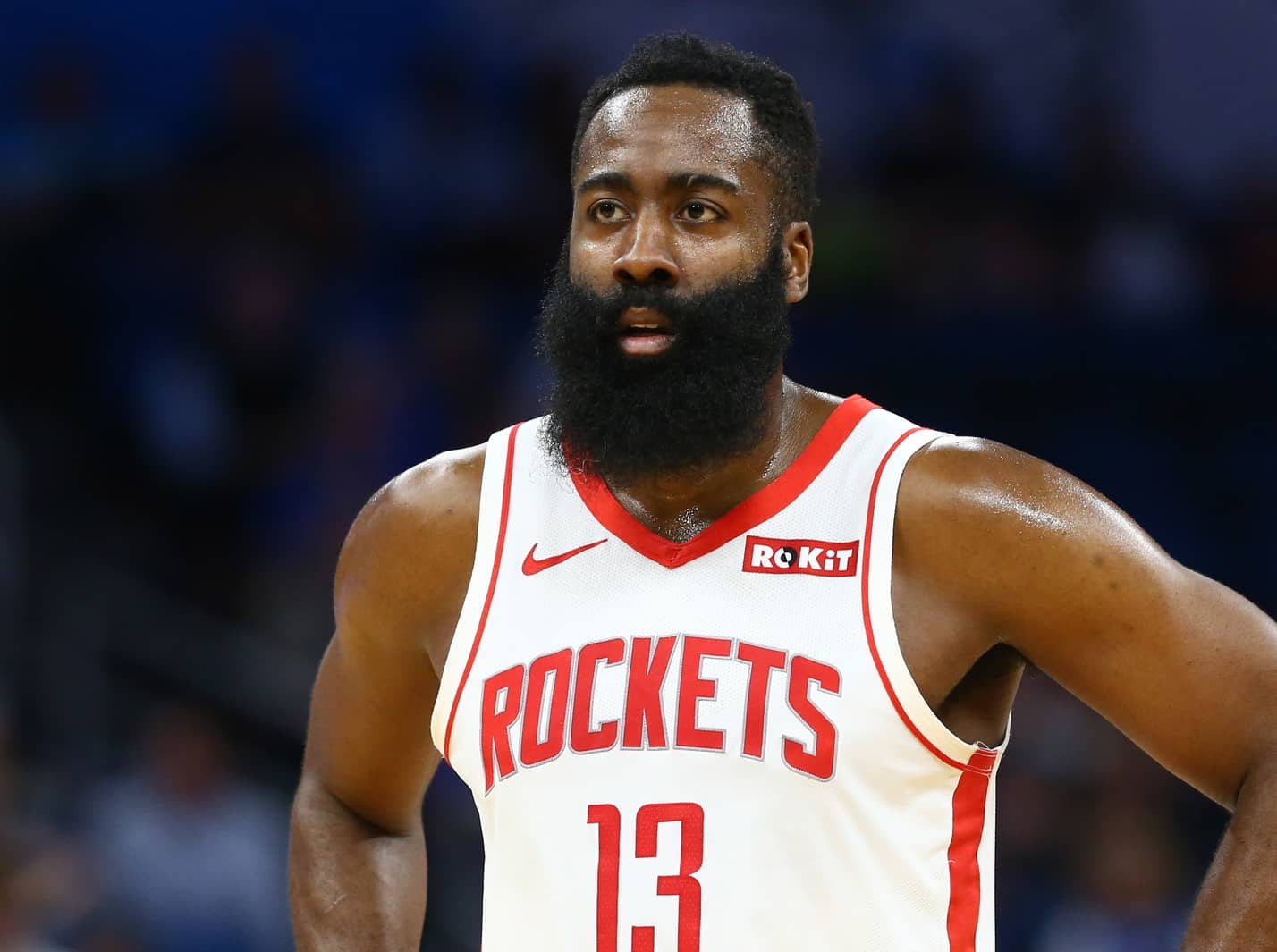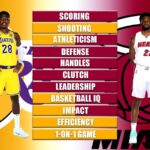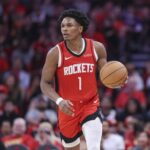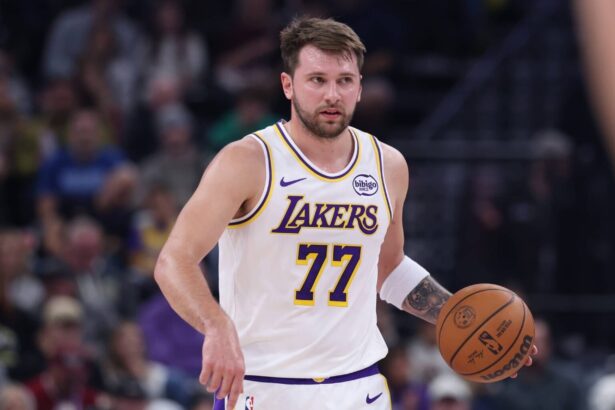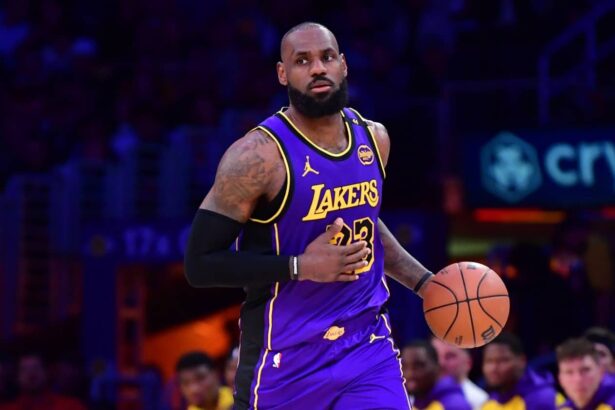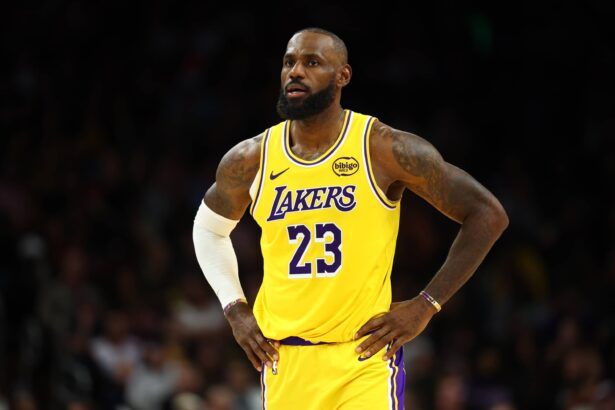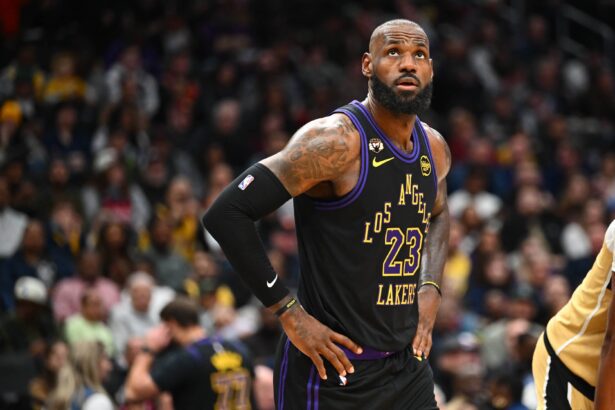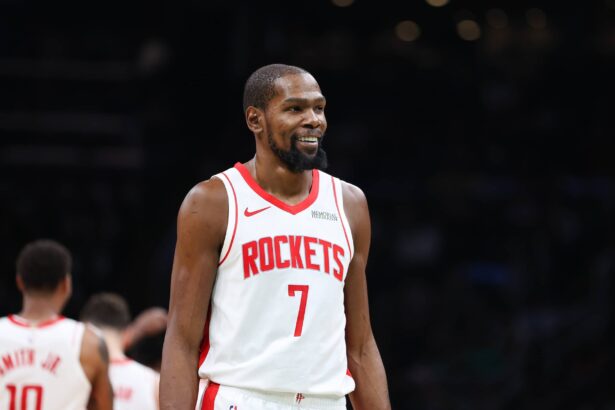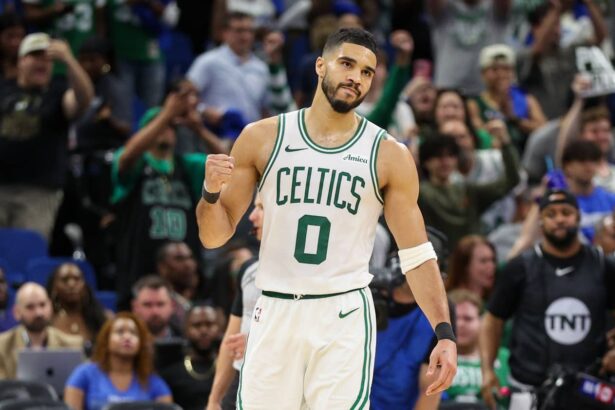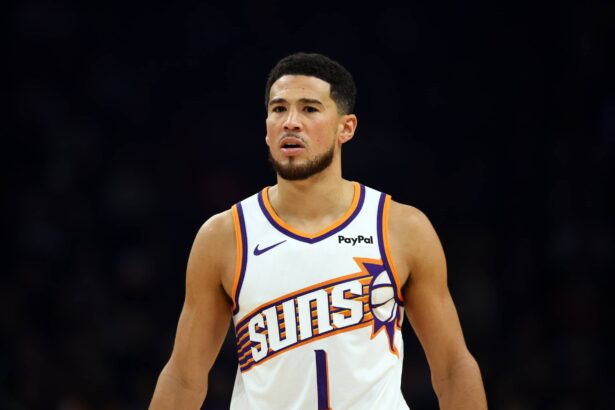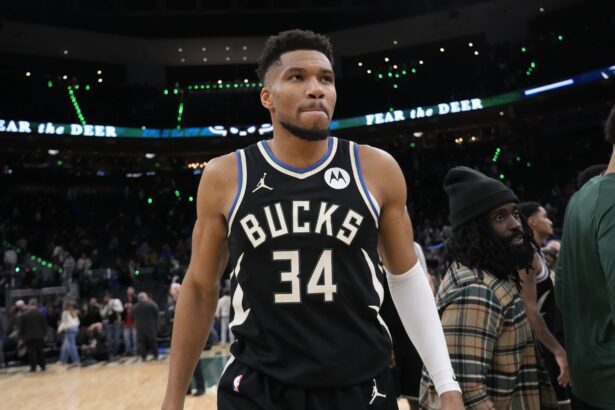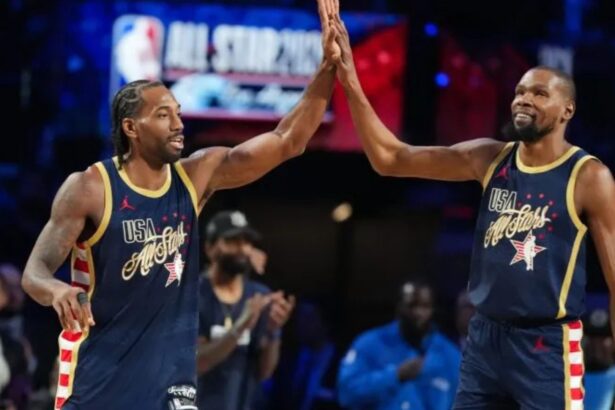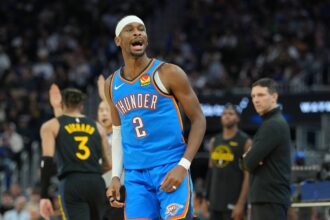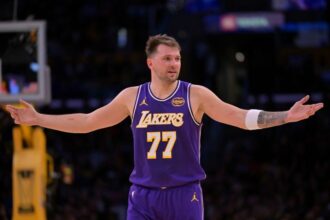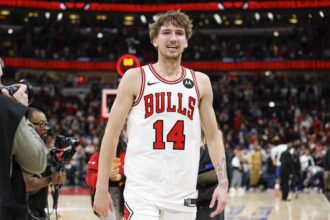Winning an NBA championship is the ultimate validation of a player’s career, but not every superstar managed to deliver it for a franchise. Some players built their reputations by carrying their franchise, but often fell short. Perhaps, unfortunately for them, we aim to recognize them in this ranking.
- Atlanta Hawks – Dominique Wilkins
- Boston Celtics – Reggie Lewis
- Brooklyn Nets – Jason Kidd
- Charlotte Hornets – Kemba Walker
- Chicago Bulls – Derrick Rose
- Cleveland Cavaliers – Mark Price
- Dallas Mavericks – Luka Doncic
- Denver Nuggets – Carmelo Anthony
- Detroit Pistons – Grant Hill
- Golden State Warriors – Chris Mullin
- Houston Rockets – James Harden
- Indiana Pacers – Reggie Miller
- Los Angeles Clippers – Chris Paul
- Los Angeles Lakers – Elgin Baylor
- Memphis Grizzlies – Ja Morant
- Miami Heat – Jimmy Butler
- Milwaukee Bucks – Sidney Moncrief
- Minnesota Timberwolves – Kevin Garnett
- New Orleans Pelicans – Chris Paul
- New York Knicks – Patrick Ewing
- Oklahoma City Thunder – Russell Westbrook
- Orlando Magic – Dwight Howard
- Philadelphia 76ers – Allen Iverson
- Phoenix Suns – Charles Barkley
- Portland Trail Blazers – Damian Lillard
- Sacramento Kings – Chris Webber
- San Antonio Spurs – George Gervin
- Toronto Raptors – Vince Carter
- Utah Jazz – Karl Malone
- Washington Wizards – Gus Johnson
This piece highlights the best player for every NBA franchise who never brought them a championship, even if that same player eventually found success elsewhere.
Including some superstar names and iconic franchise stars, these are the unforgettable names who could never get over the hump for a specific franchise.
Atlanta Hawks – Dominique Wilkins
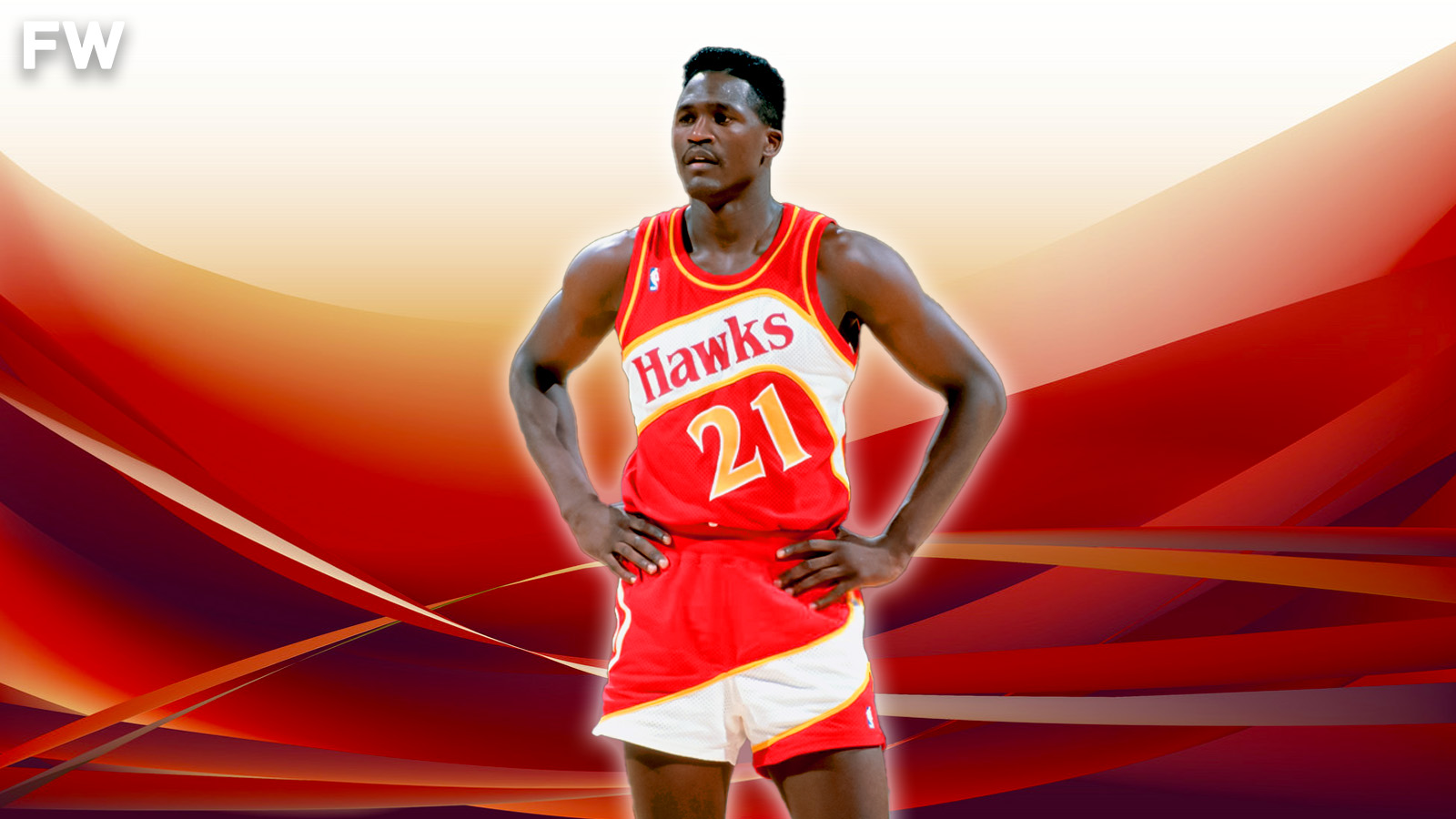
Stats With Franchise: 26.4 PPG, 6.9 RPG, 2.6 APG, 1.4 SPG, 0.7 BPG
Superstar Dominique Wilkins was the face of the Hawks throughout the 1980s and early 1990s. Despite his brilliance, Atlanta never surrounded him with a championship-caliber roster, often running into dynasties like Larry Bird’s Celtics or the Bad Boy Pistons.
His legacy is cemented as one of the greatest to never reach the Finals, embodying both the excitement and frustration of Hawks basketball in that era. Hawks fans hope that one of their current stars, namely Trae Young, can deliver, but one can argue that if Domonique couldn’t, it will be hard for others to do so.
Boston Celtics – Reggie Lewis
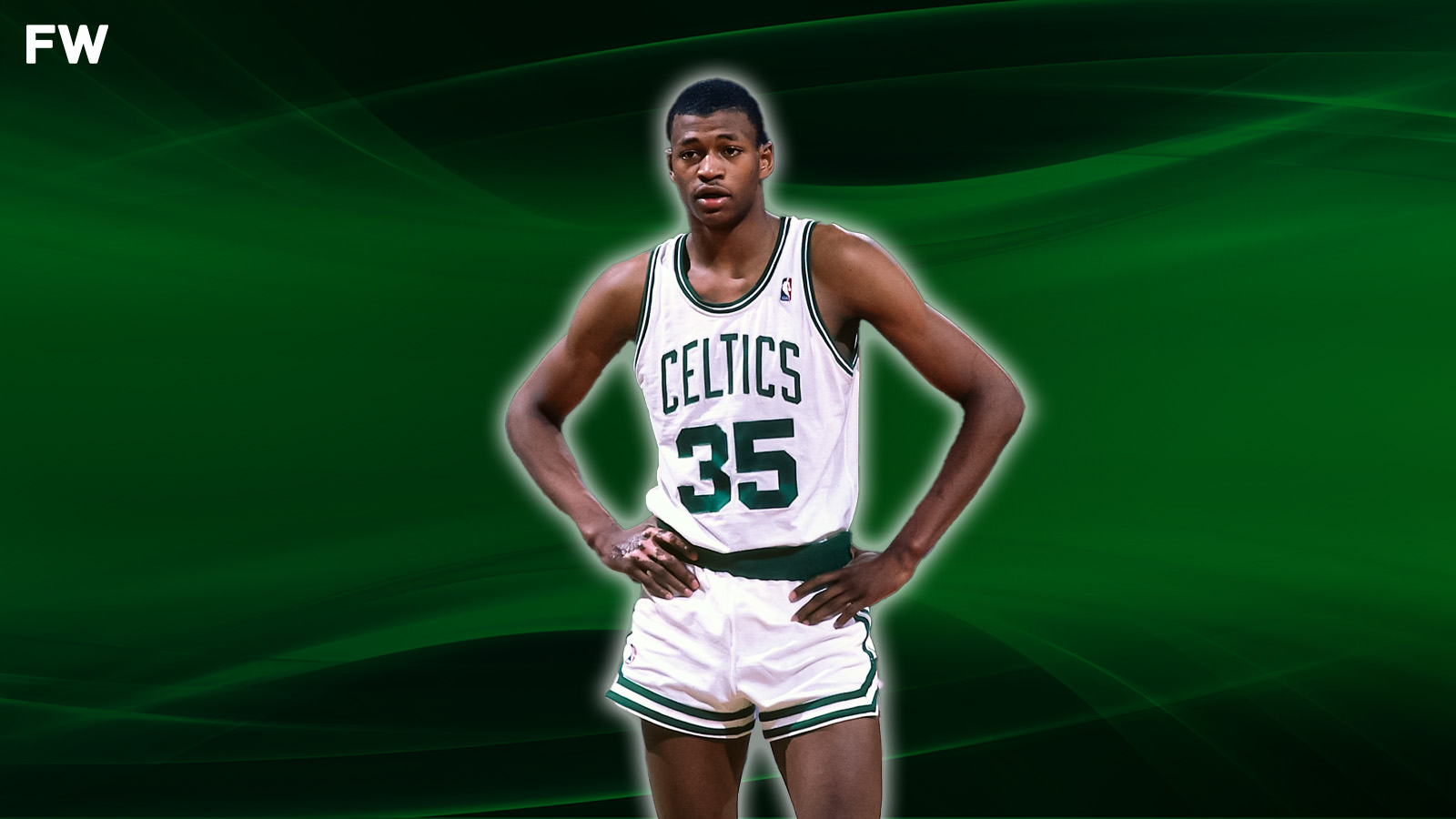
Stats With Franchise: 17.6 PPG, 4.3 RPG, 2.6 APG, 1.3 SPG, 0.9 BPG
Reggie Lewis was poised to carry the Celtics’ proud tradition into the 1990s, blossoming into an All-Star and beloved leader after the Bird-McHale-Parish era faded. Tragically, his career was cut short when he collapsed and passed away at just 27, leaving fans to wonder how high his ceiling might have been.
For Boston, Lewis’ story is one that ended without a banner because he could not play long enough to see the fruits of his labor. As an homage, his number was posthumously retired, and the Celtics tradition carried on strongly in his memory.
Brooklyn Nets – Jason Kidd
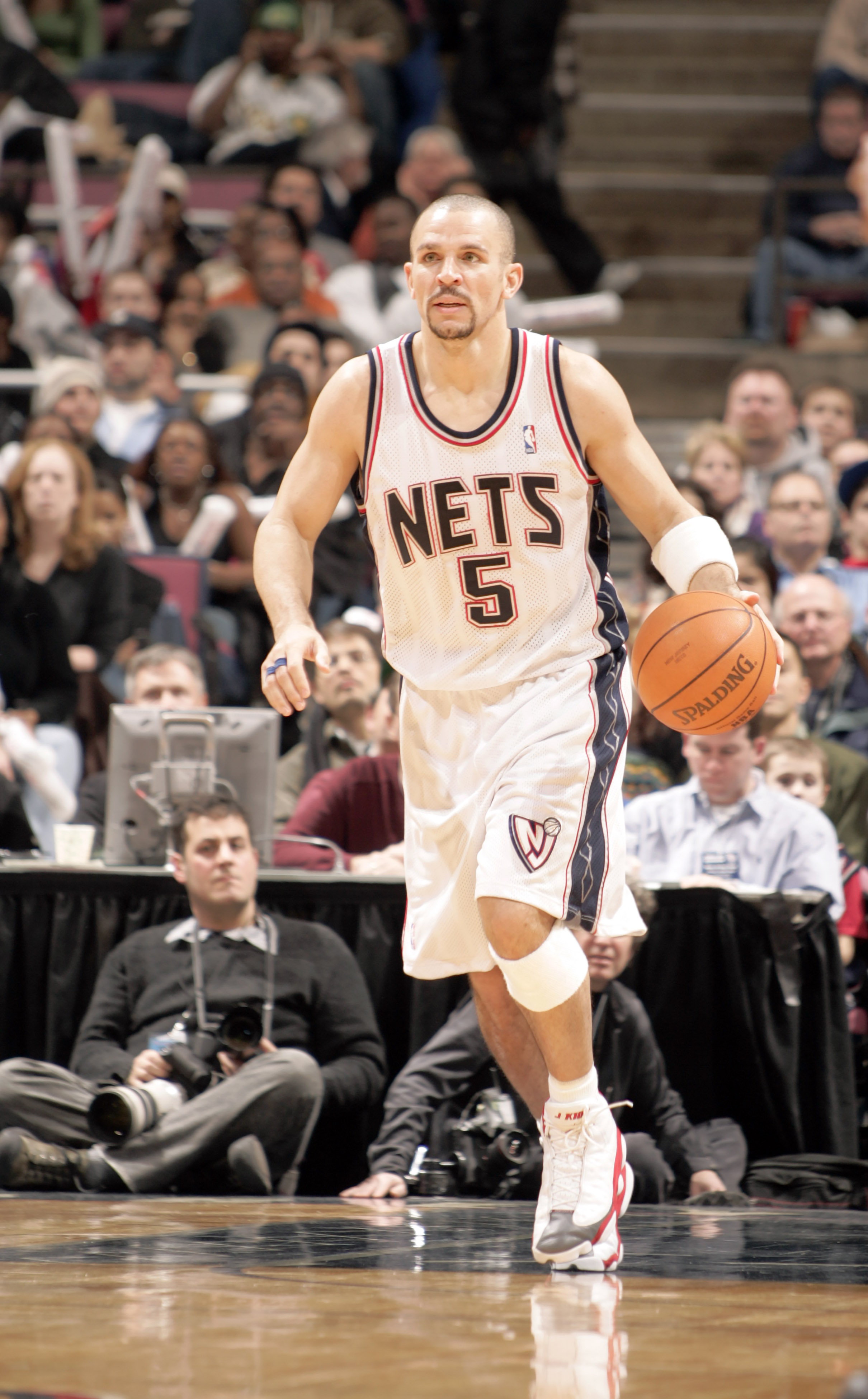
Stats With Franchise: 14.6 PPG, 7.2 RPG, 9.1 APG, 1.9 SPG, 0.3 BPG
Jason Kidd completely transformed the Nets, taking a perennial afterthought and turning them into a back-to-back Finals team in the early 2000s. His elite playmaking and defensive leadership gave the franchise its first taste of true contention.
Yet, without a second superstar and running into the Lakers and Spurs dynasties, Kidd’s Nets fell short of the ultimate prize, leaving him remembered as a savior but not a champion in New Jersey. Still, one can argue that Kidd leading a decent but unspectacular team to two Finals is a major achievement of its own.
Charlotte Hornets – Kemba Walker
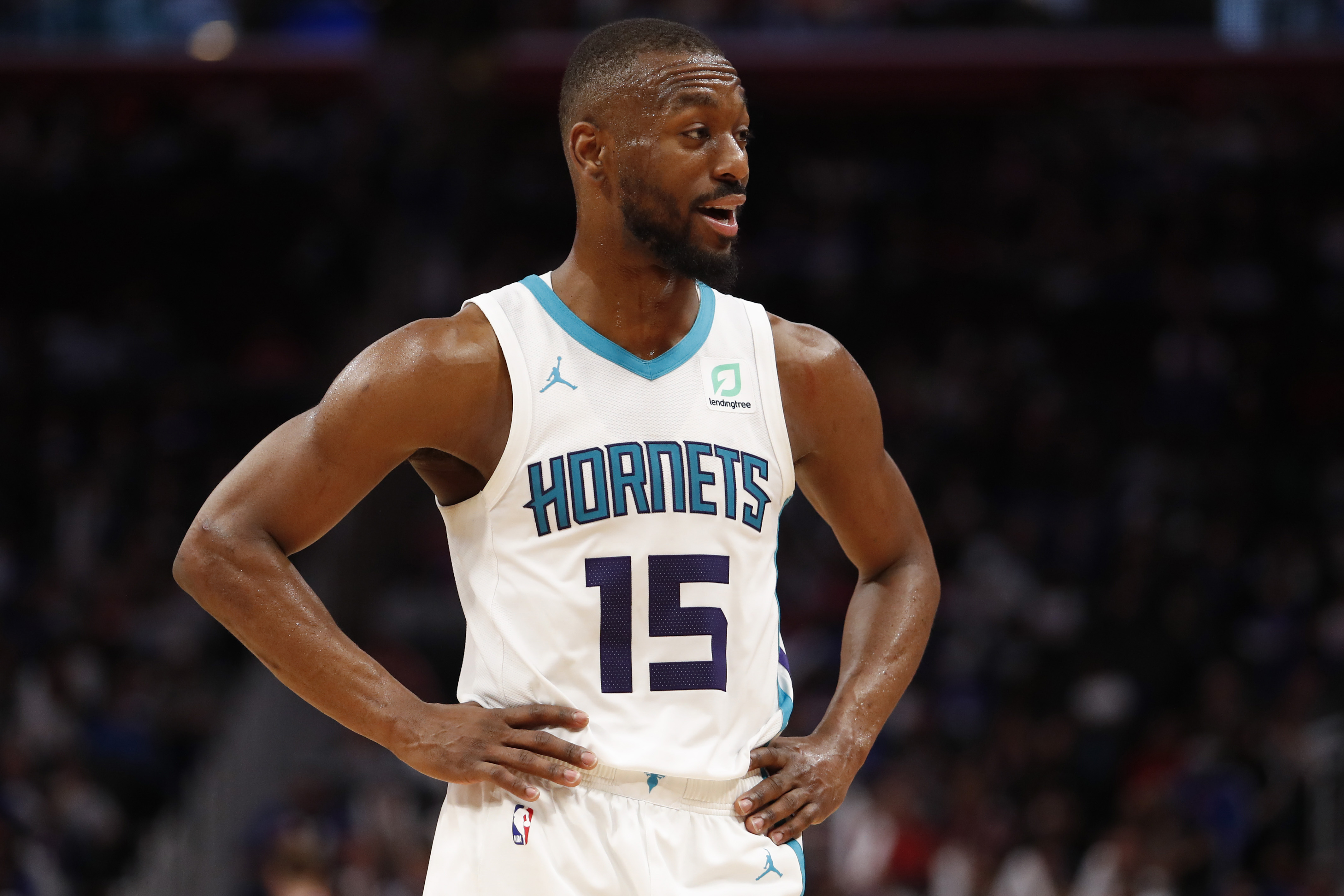
Stats With Franchise: 19.8 PPG, 3.8 RPG, 5.5 APG, 1.3 SPG, 0.4 BPG
Kemba Walker’s fearless scoring and clutch heroics made him the most important Hornet since the team’s inception, carrying rosters that often lacked talent. He gave Charlotte its most memorable moments of the modern era, from dazzling 60-point nights to late-game takeovers.
Unfortunately, limited organizational success and weak supporting casts meant his brilliance never translated into deep playoff runs. Still, for the sake of this piece, we honor one of the Hornets’ best all-around scorers.
Chicago Bulls – Derrick Rose
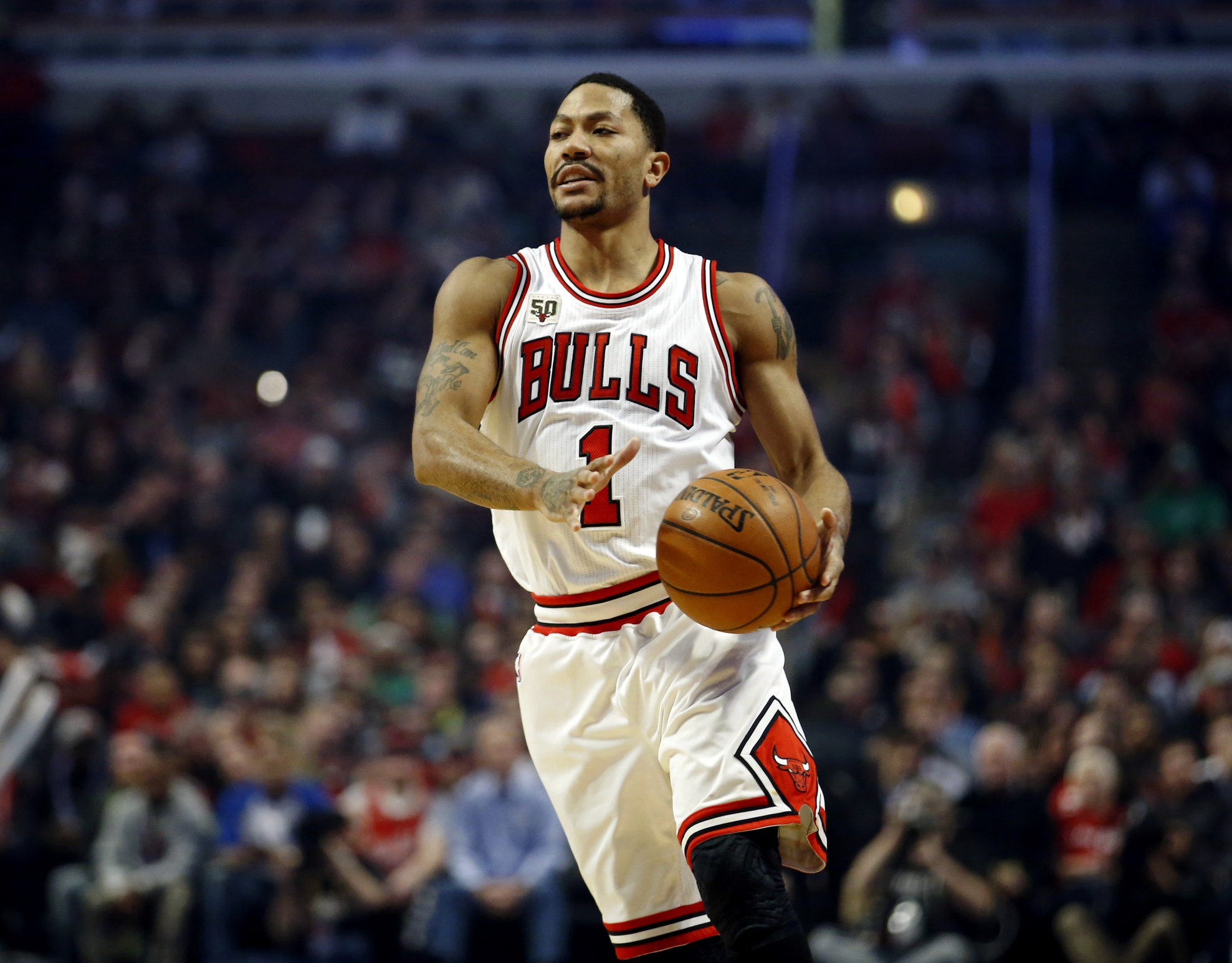
Stats With Franchise: 19.7 PPG, 3.7 RPG, 6.2 APG, 0.8 SPG, 0.4 BPG
Derrick Rose electrified Chicago as the youngest MVP in NBA history, instantly becoming the city’s beacon of hope after the Michael Jordan era. His explosive drives and fearless play gave the Bulls legitimate title aspirations, especially during their 2011 run when they made the Eastern Conference Finals.
But injuries derailed what might have been a championship-level career, and Rose’s Bulls never got past LeBron James’ Heat in the East. Obviously, injuries later derailed one of the biggest “what-if” careers that could have been more than it was.
Cleveland Cavaliers – Mark Price
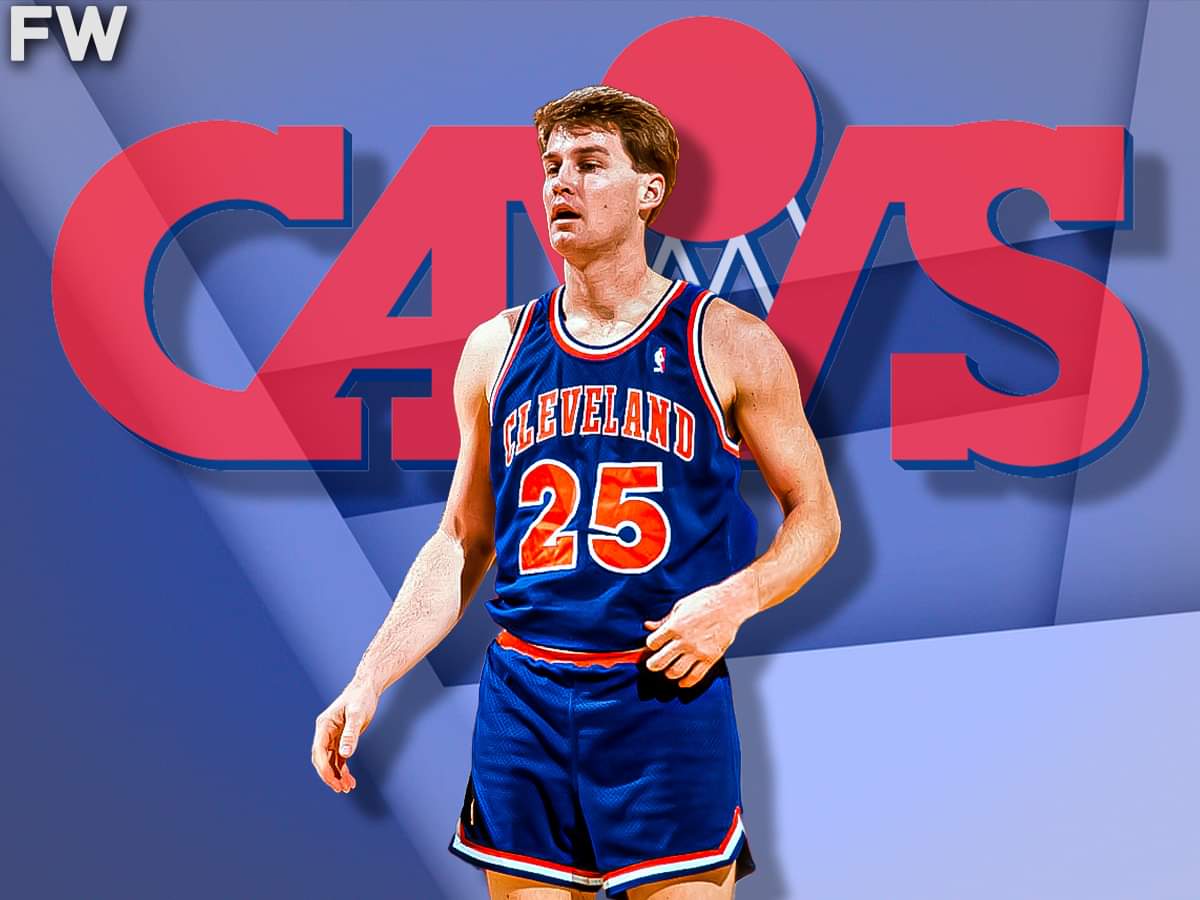
Stats With Franchise: 16.4 PPG, 2.6 RPG, 7.2 APG, 1.3 SPG, 0.1 BPG
Before LeBron James, Mark Price was the face of the Cavaliers, orchestrating the offense with his precision shooting and playmaking. He led a well-rounded Cavs squad that was perennially strong but always a notch below the true contenders.
Michael Jordan’s Bulls repeatedly stood in the way, making Price’s Cavaliers a tragic example of great teams stuck in the wrong era. We are unsure if Price was good enough to be “the man” on a championship team, but he was certainly the man for the Cavs.
Dallas Mavericks – Luka Doncic
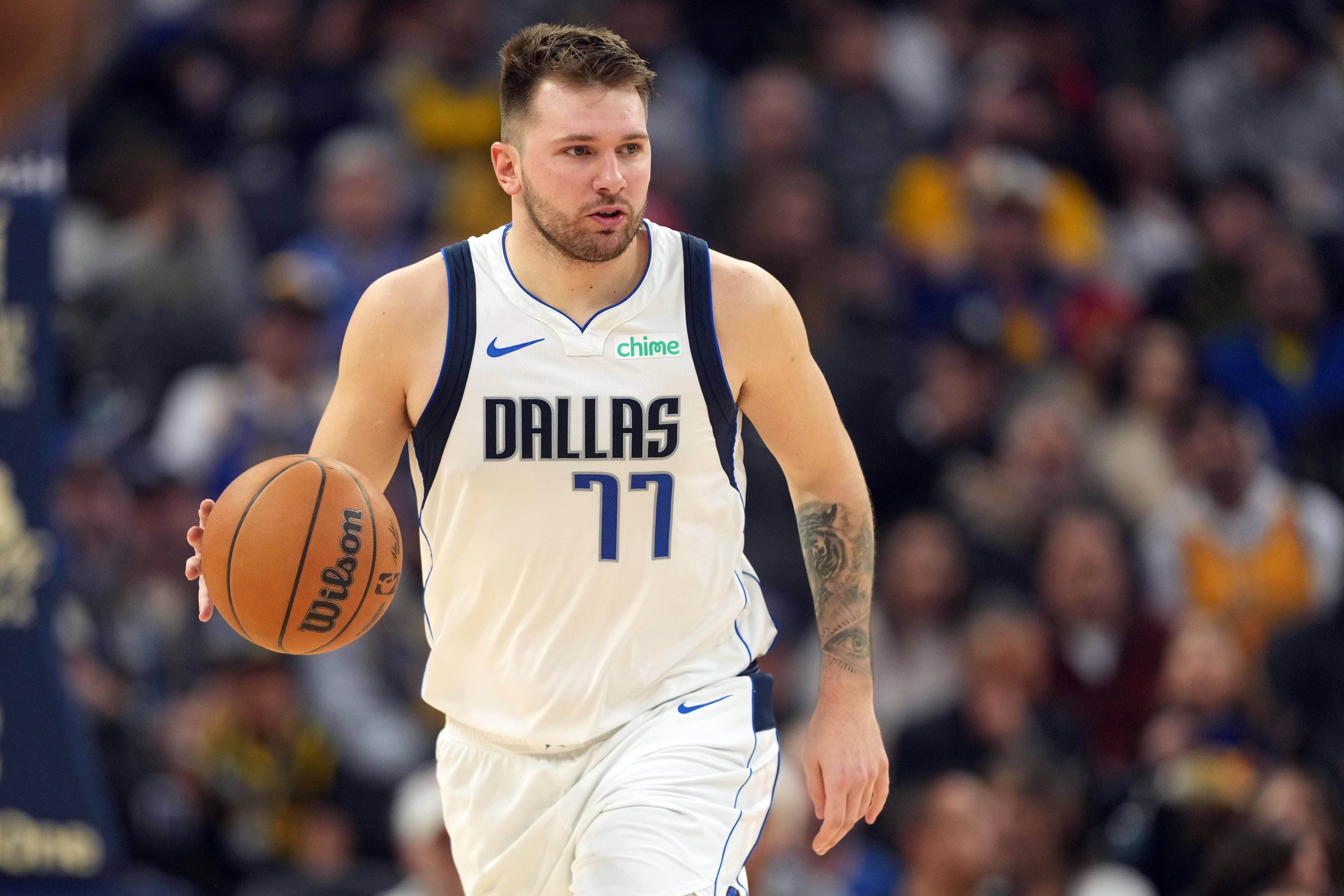
Stats With Franchise: 28.6 PPG, 8.7 RPG, 8.3 APG, 1.2 SPG, 0.5 BPG
Luka Doncic had already rewritten the Mavericks’ record books with his historic production, carrying Dallas to four playoff runs and an NBA Finals appearance in 2024-25. However, the young superstar could not bring a championship to Dallas before being shockingly traded to the Lakers last season.
For a franchise that celebrated Dirk Nowitzki’s storybook title in 2011, Luka’s challenge was always whether he could finish the job. Unfortunately for all Mavs fans around the world, they will never get to see the Slovenian hoist a second franchise trophy for them.
Denver Nuggets – Carmelo Anthony
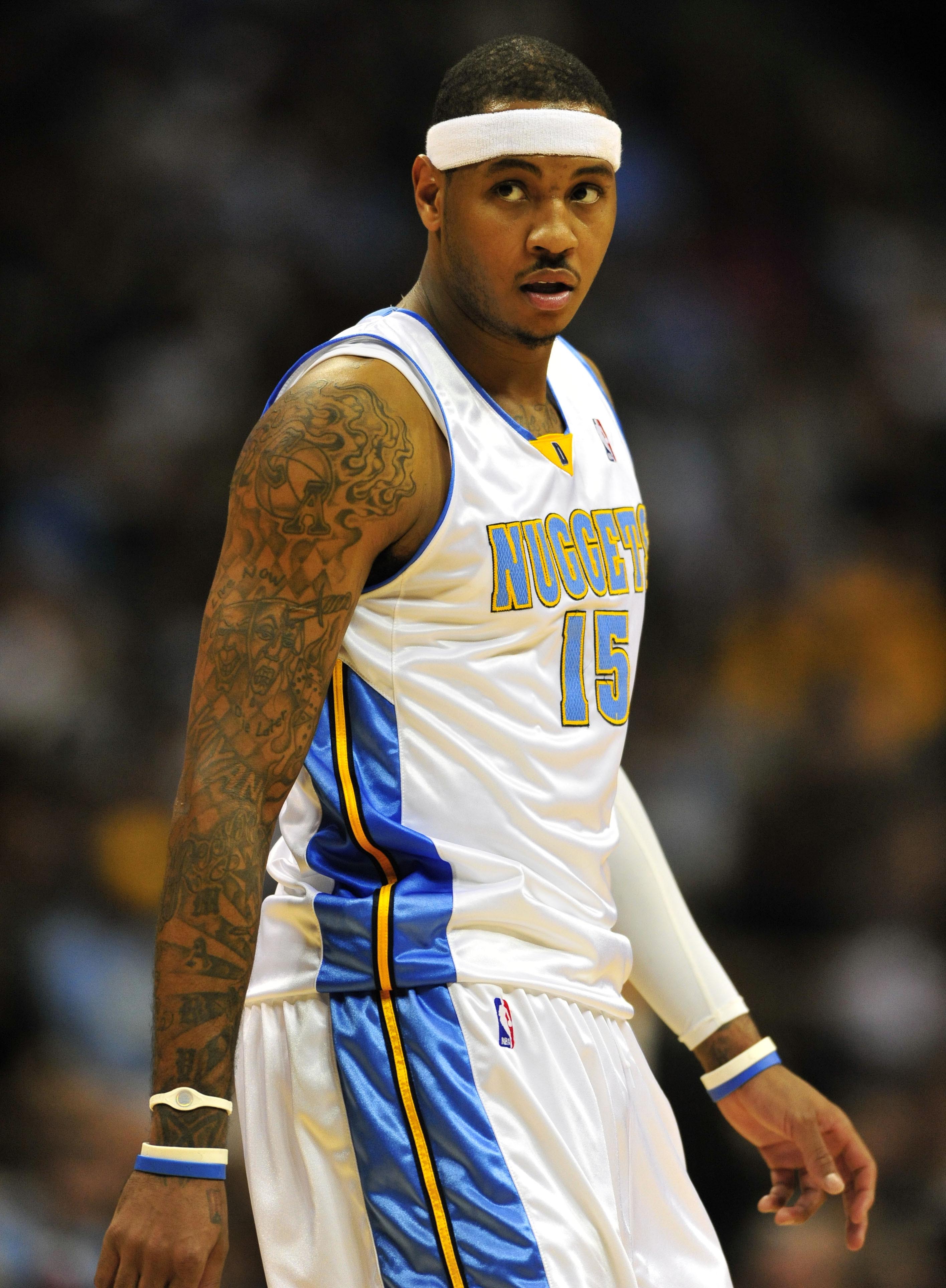
Stats With Franchise: 24.8 PPG, 6.3 RPG, 3.1 APG, 1.1 SPG, 0.5 BPG
Carmelo Anthony was the undisputed face of the Nuggets when he arrived in 2004, giving Denver its first star since the Alex English era. He turned them into a perennial playoff team and delivered their deepest run in years with the 2009 Western Conference Finals.
Still, Melo’s Nuggets couldn’t overcome Kobe Bryant’s Lakers or the Spurs dynasty, and his time in Denver ended without the elusive championship. Melo never captured a ring before his retirement, and while not all his fault, perhaps his desire to be a dominant individual player rather than a team one might have had something to do with it.
Detroit Pistons – Grant Hill
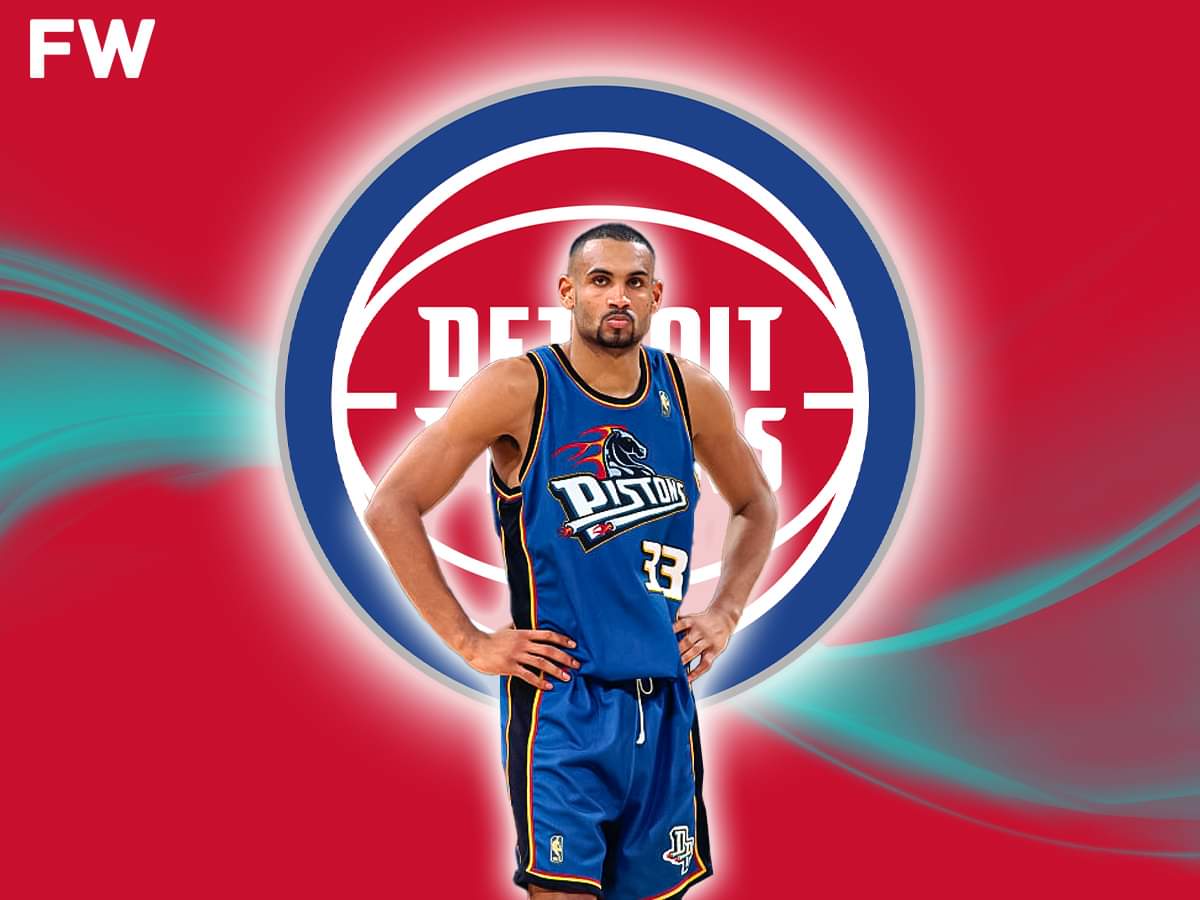
Stats With Franchise: 21.6 PPG, 7.9 RPG, 6.3 APG, 1.6 SPG, 0.6 BPG
Grant Hill was once billed as the “next Michael Jordan,” dazzling fans with all-around brilliance and effortless style. In Detroit, he became the Pistons’ cornerstone after the Bad Boys era, but nagging injuries and a lack of a strong supporting cast stunted his chances at contention.
His strong career blossomed later, but Detroit never saw him lead them to a title, and the player would never get a chance after injuries derailed his career. Hill eventually entered the Hall of Fame, but a ring with the Pistons could have elevated him to incredible status.
Golden State Warriors – Chris Mullin
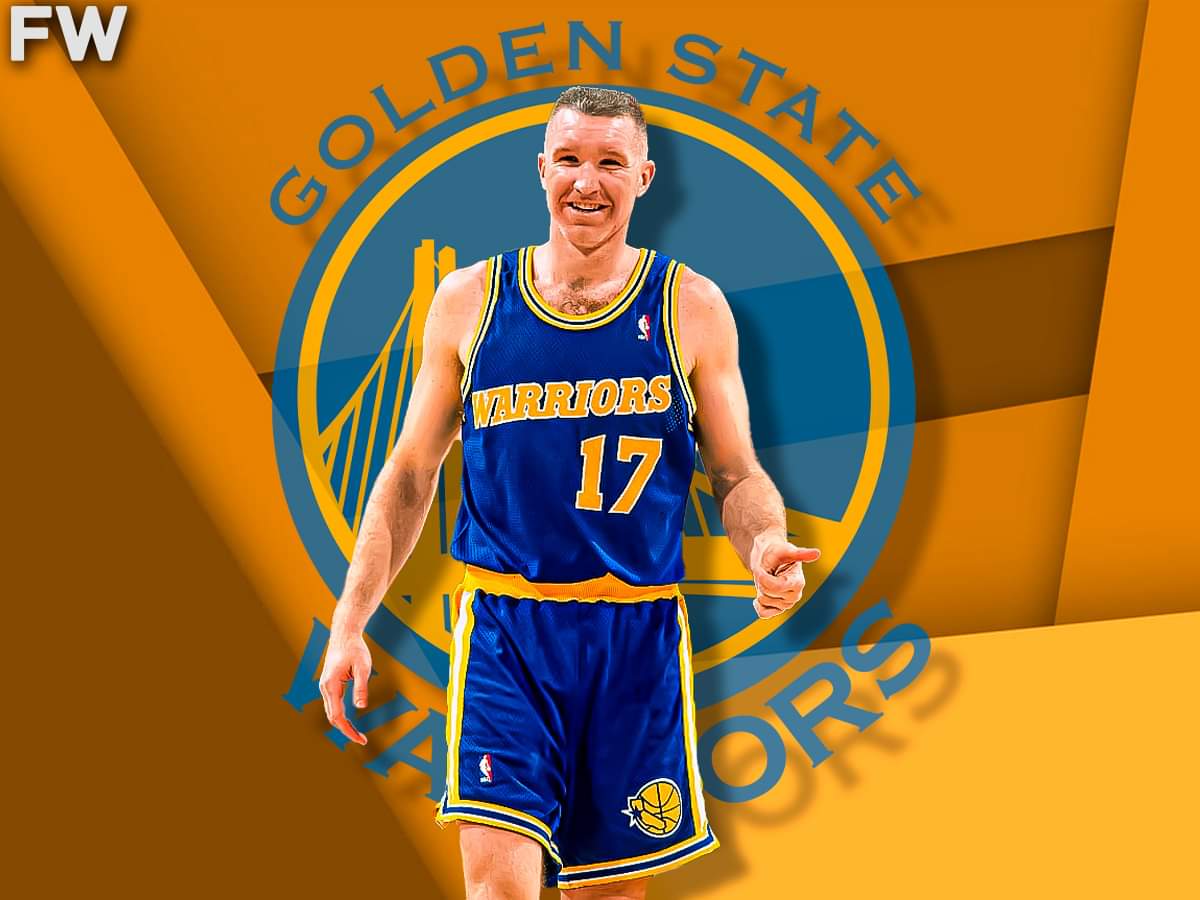
Stats With Franchise: 20.1 PPG, 4.4 RPG, 3.9 APG, 1.7 SPG, 0.6 BPG
Chris Mullin’s sharpshooting defined the Warriors during the late 1980s and early ’90s, especially as the leader of the “Run TMC” trio with Tim Hardaway and Mitch Richmond. While the group was thrilling, they struggled against the physical, defense-first teams that dominated the West.
Mullin’s greatness was undeniable, but Golden State wasn’t built for playoff success in his era because the Bulls, Lakers, and Rockets had stronger and more star-packed teams. In case Mullin remains a die-hard fan, he will be pleased with the four rings that the Warriors have won after him.
Houston Rockets – James Harden
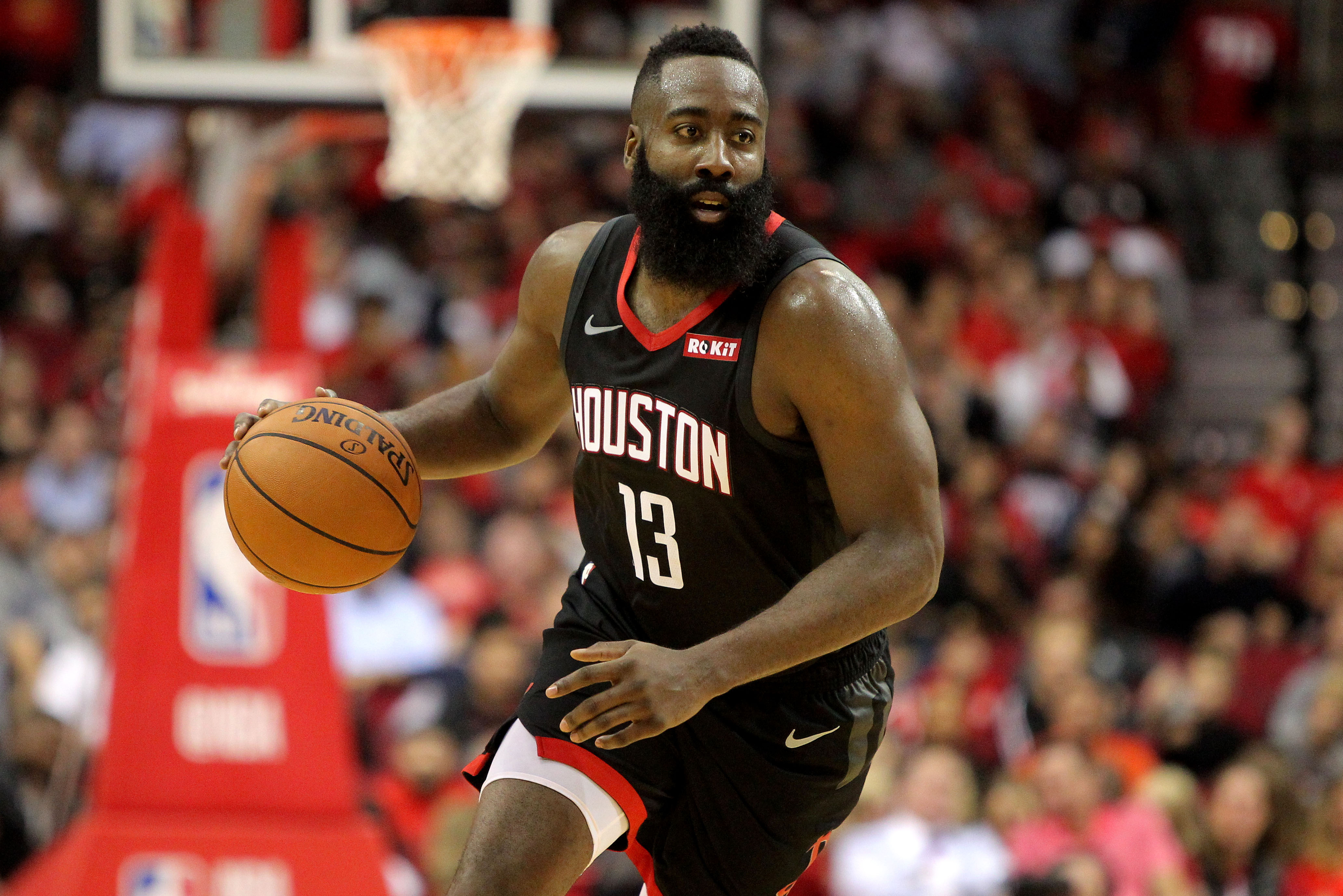
Stats With Franchise: 29.6 PPG, 6.0 RPG, 7.7 APG, 1.8 SPG, 0.6 BPG
Without disrespect to Tracy McGrady and Yao Ming, The Beard is the man here. James Harden turned the Rockets into a perennial contender during his nine-year run, winning an MVP and redefining offensive basketball.
He pushed the Warriors dynasty to the brink but fell just short of reaching the Finals in 2018 when the team made it to Game 7 of the Conference Finals. Despite his statistical dominance, Harden’s playoff shortcomings, due to fatigue or untimely cold streaks, left fans wondering what might have been.
Indiana Pacers – Reggie Miller
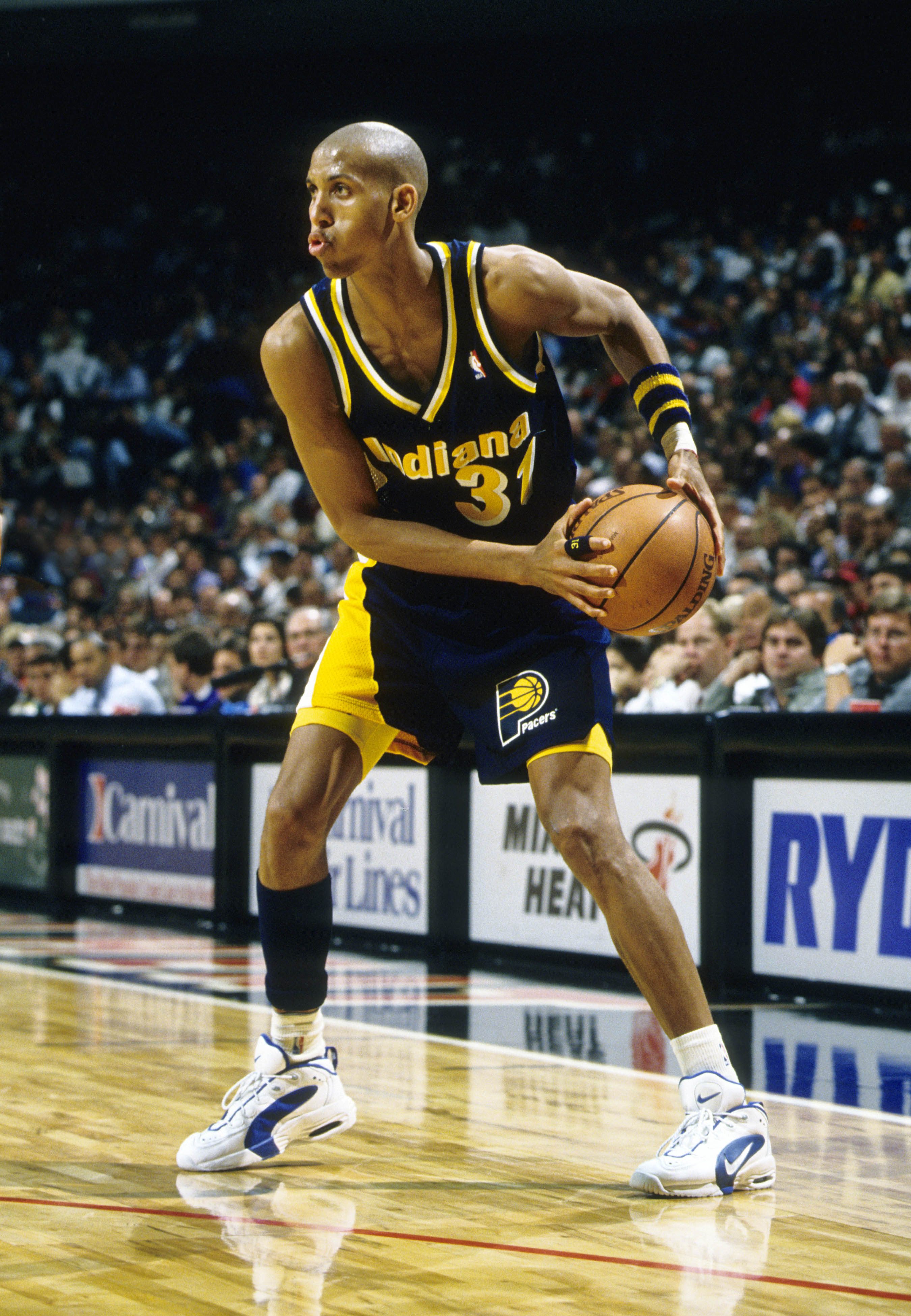
Stats With Franchise: 18.2 PPG, 3.0 RPG, 3.0 APG, 1.1 SPG, 0.2 BPG
Reggie Miller’s clutch shooting and raw impact made him the face of Indiana basketball for nearly two decades. He carried the Pacers to the 2000 NBA Finals, cementing his status as a franchise icon, but he was the underdog against Shaquille O’Neal and Kobe Bryant’s Lakers.
Yet, despite his brilliance, the Pacers fell short against stronger Lakers, Knicks, and Bulls squads, leaving Miller as one of the NBA’s greatest legends without a ring. These days, we can see Miller on the sidelines supporting the Pacers with the hopes that the franchise can win its first championship.
Los Angeles Clippers – Chris Paul
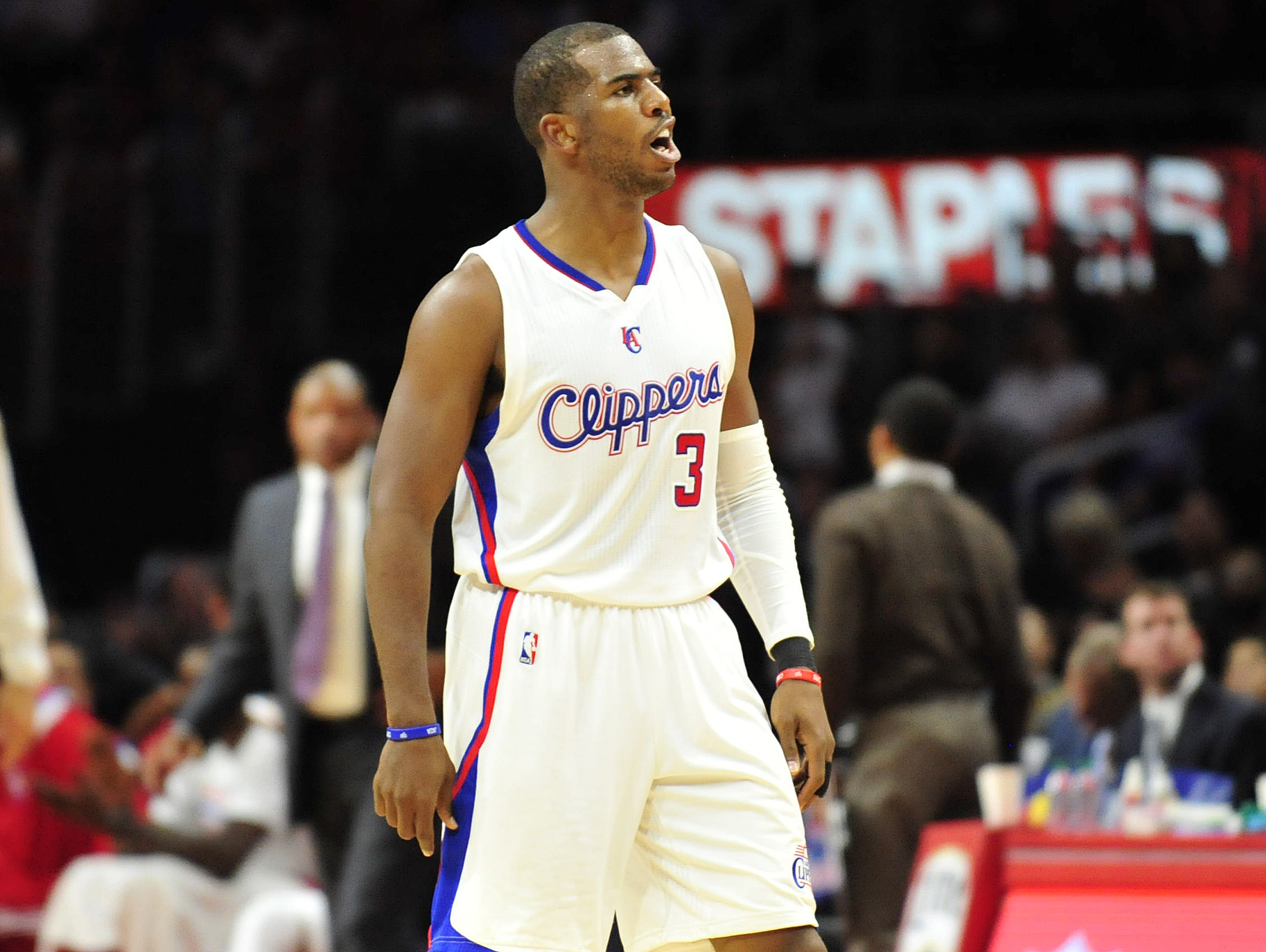
Stats With Franchise: 18.8 PPG, 4.2 RPG, 9.8 APG, 2.2 SPG, 0.1 BPG
Chris Paul changed the culture of the Clippers, turning them from a laughingstock into “Lob City” contenders alongside Blake Griffin and DeAndre Jordan. He orchestrated one of the league’s most entertaining offenses and made the Clippers nationally relevant.
But playoff collapses, injuries, and untimely meltdowns kept the team from breaking through to the Finals, leaving CP3’s L.A. tenure bittersweet. Interestingly, Paul returns to the Clippers for the 2025-26 NBA season for one more run at it, and we hope he can win a ring with the team he might be most recognized with.
Los Angeles Lakers – Elgin Baylor
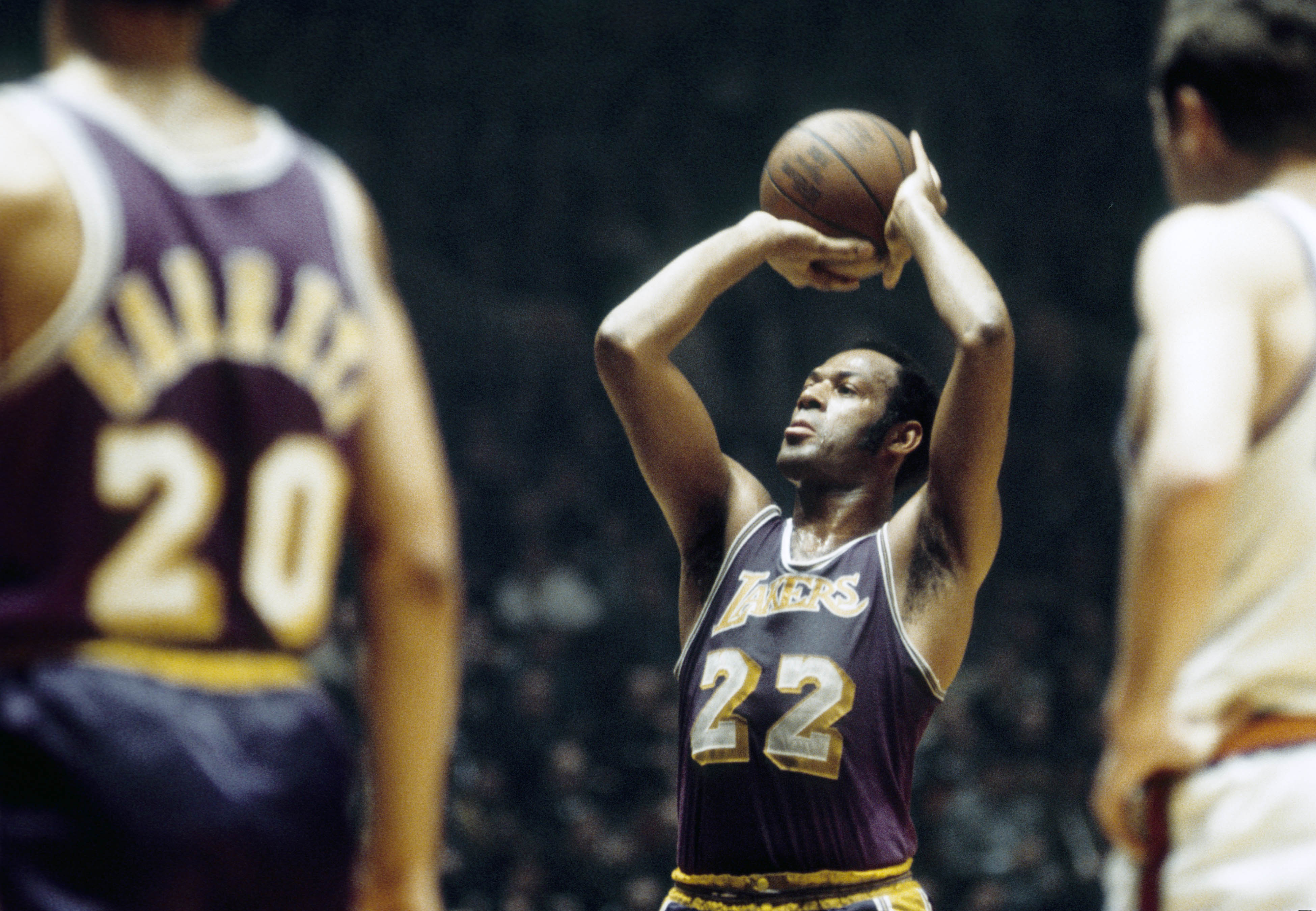
Stats With Franchise: 27.4 PPG, 13.5 RPG, 4.3 APG
Elgin Baylor is arguably the greatest player never to win a ring, and his story with the Lakers epitomizes that title. A scoring and rebounding machine, Baylor brought flair and dominance to the Lakers of the 1960s as one of the franchise’s best talents.
Unfortunately, his career overlapped with the Bill Russell dynasty, and though the Lakers won a title in 1972, Baylor had retired earlier that season, meaning he went 0-7 in Finals appearances overall. To be fair to Baylor, a lot of his lack of championship success came down to bad luck and poor timing more than anything he did wrong.
Memphis Grizzlies – Ja Morant
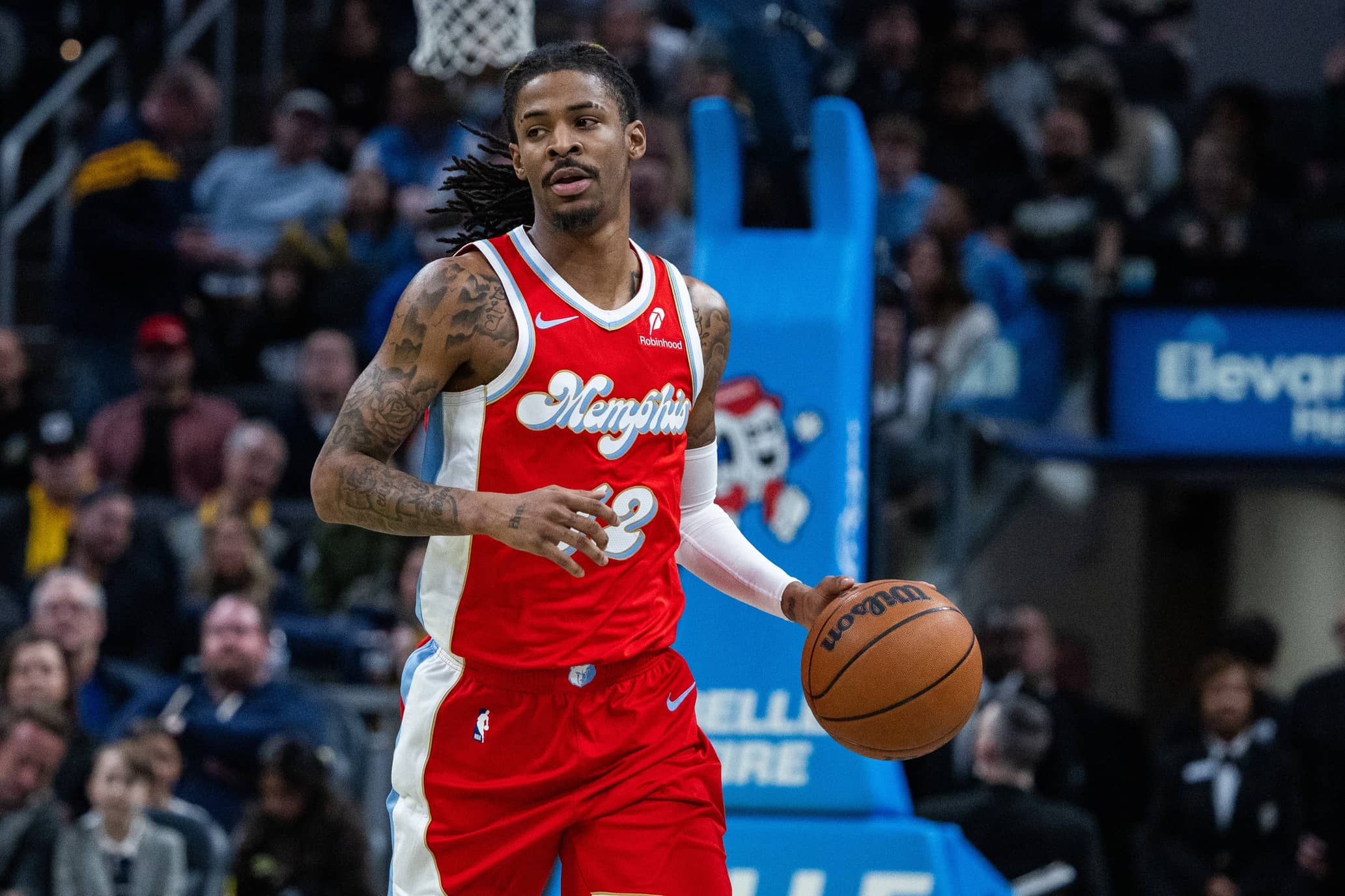
Stats With Franchise: 22.6 PPG, 4.7 RPG, 7.4 APG, 1.0 SPG, 0.3 BPG
Ja Morant represents the most dynamic star in Memphis history, redefining what the franchise looks like post-“Grit and Grind” led by Zach Randolph, Mike Conley, and Marc Gasol. His explosiveness and leadership turned the Grizzlies into a Western power seemingly overnight.
Yet immaturity, suspensions, and roster growing pains have thus far prevented Memphis from climbing to championship heights. We won’t write off Morant winning in Memphis someday, but that might depend on how he develops his leadership skills and how the team looks around him.
Miami Heat – Jimmy Butler
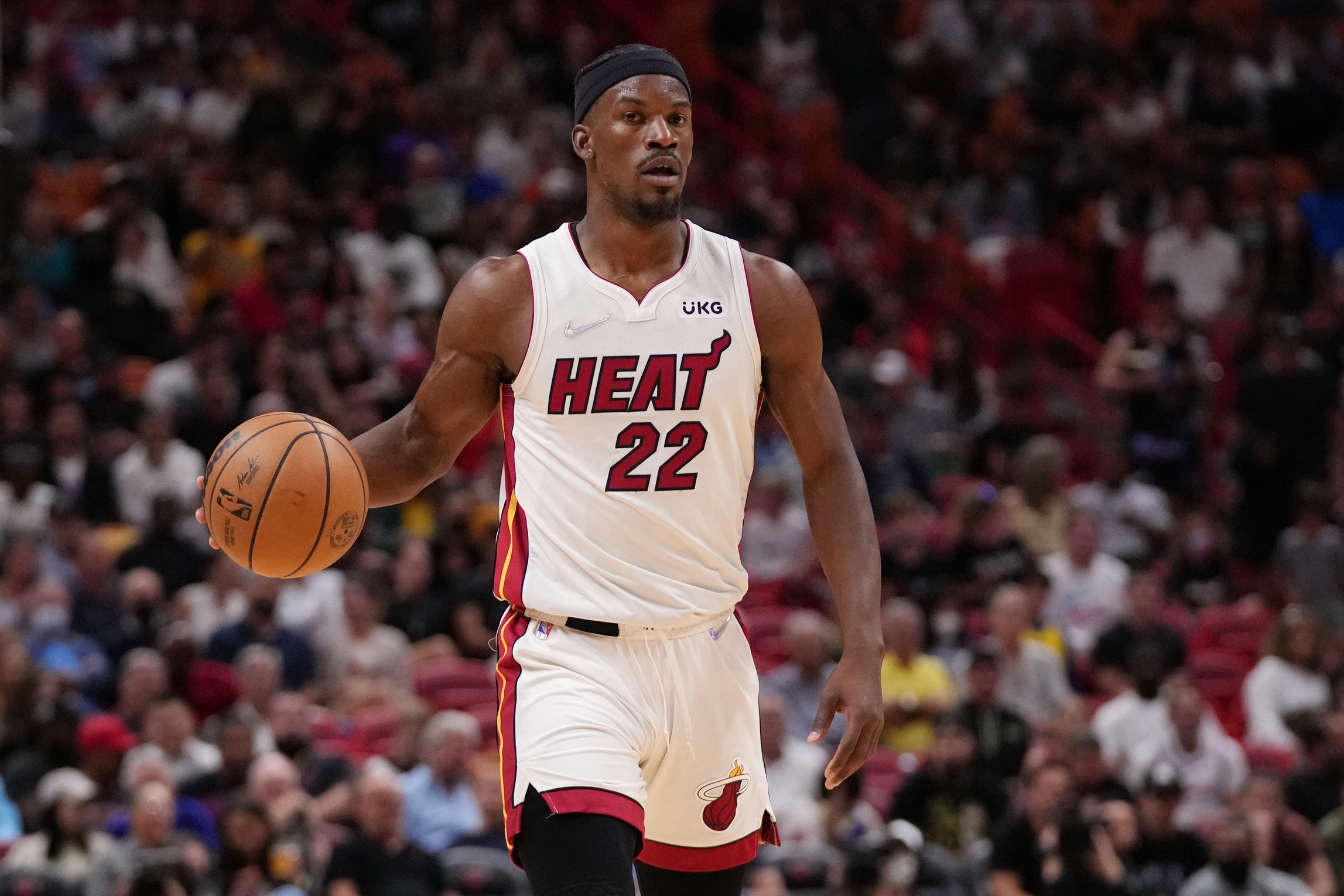
Stats With Franchise: 21.0 PPG, 6.0 RPG, 5.7 APG, 1.7 SPG, 0.4 BPG
Jimmy Butler’s arrival instantly restored Miami to contender status, leading them to two NBA Finals appearances in a span of four years for the Heat. His “Heat Culture” fit perfectly with Erik Spoelstra’s system, and he delivered legendary playoff performances.
Still, running into superior talent like the Lakers in 2020 and Nuggets in 2023 meant his Heat runs came agonizingly close but never ended in rings. Butler’s reign in Miami ended in an ugly fashion after contract disagreements, and he never quite got over the hump with an underdog roster.
Milwaukee Bucks – Sidney Moncrief
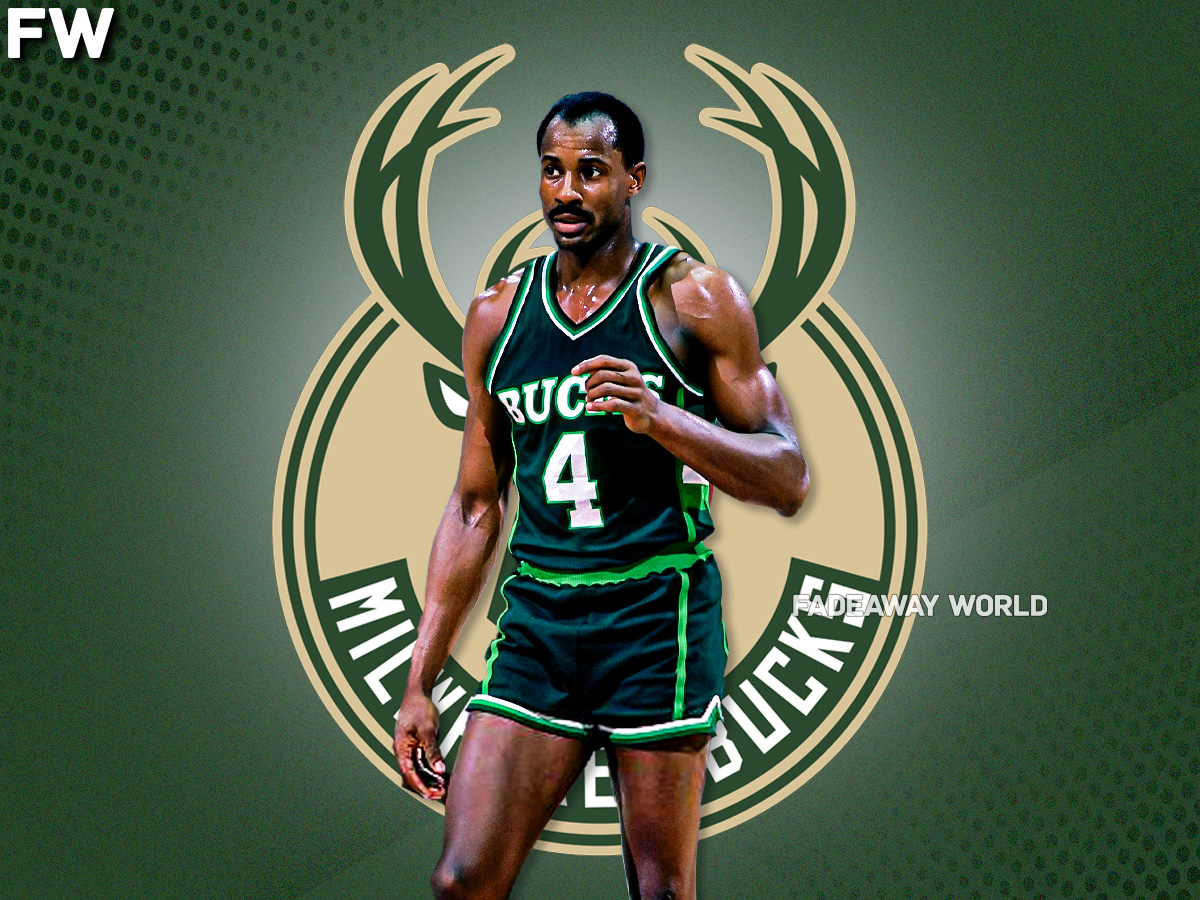
Stats With Franchise: 16.7 PPG, 5.0 RPG, 3.9 APG, 1.3 SPG, 0.3 BPG
Sidney Moncrief was the heart of the Bucks in the 1980s, a two-time Defensive Player of the Year and five-time All-Star. He kept Milwaukee consistently competitive, carrying them into the playoffs every season (10 in total).
Yet the Celtics and 76ers were constant roadblocks, preventing Moncrief from turning his stellar all-around play into a championship. It is a shame that one of the greatest defensive and team players couldn’t win where he was most recognized, because Moncrief deserved that honor.
Minnesota Timberwolves – Kevin Garnett
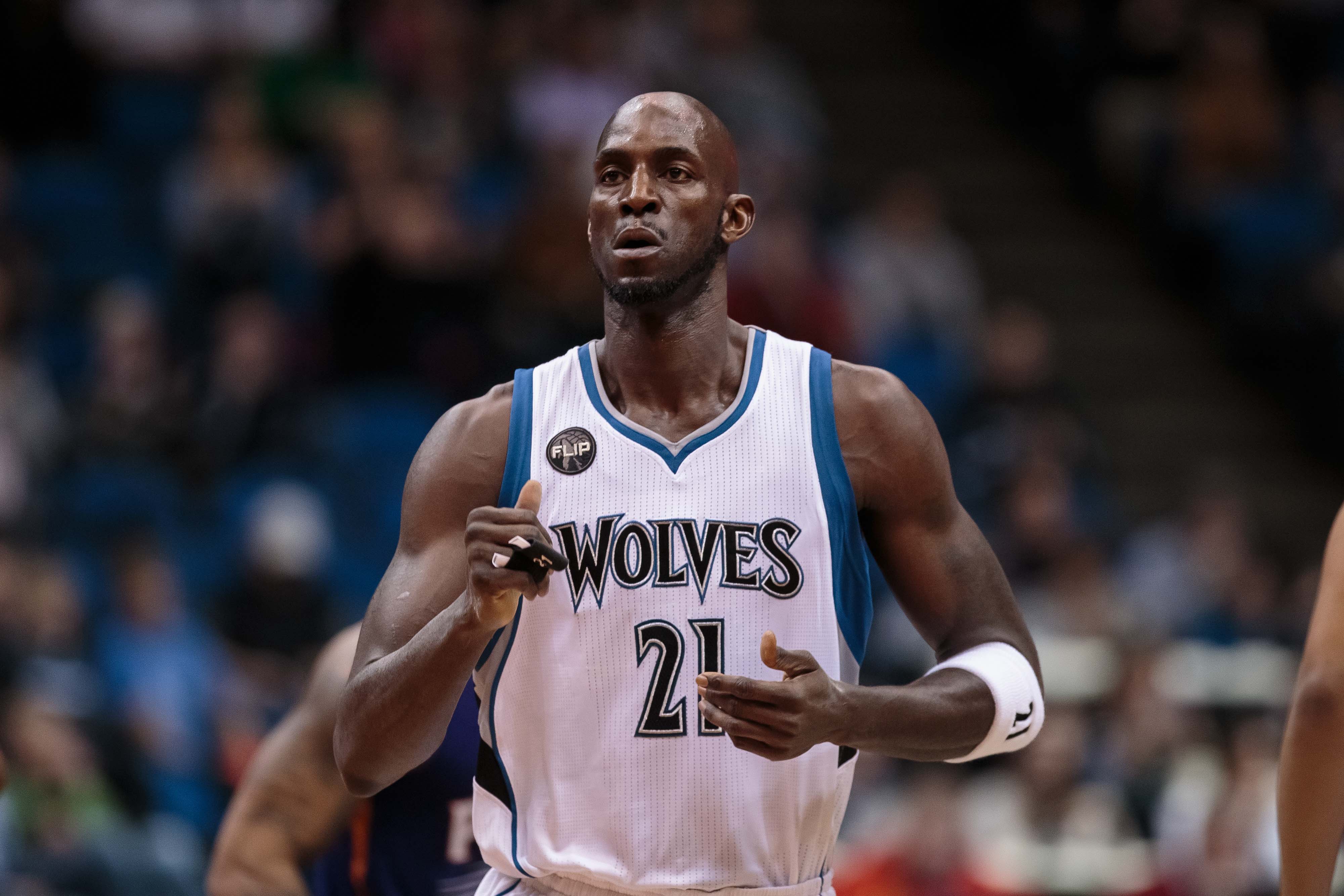
Stats With Franchise: 19.8 PPG, 11.0 RPG, 4.3 APG, 1.4 SPG, 1.6 BPG
Kevin Garnett embodied everything about Minnesota basketball: passion, intensity, and relentless competitiveness. He won MVP in 2004 and led the Timberwolves to the Western Conference Finals, their best run ever at the time.
But with poor management and lackluster rosters, Garnett’s prime years were wasted, and he eventually found championship glory only after leaving for Boston. We are happy that Garnett won a championship before his retirement, and that might include some Timberwolves fans who wanted to see him win as well. Still, had KG won in Minnesota, his legacy would have been even greater.
New Orleans Pelicans – Chris Paul
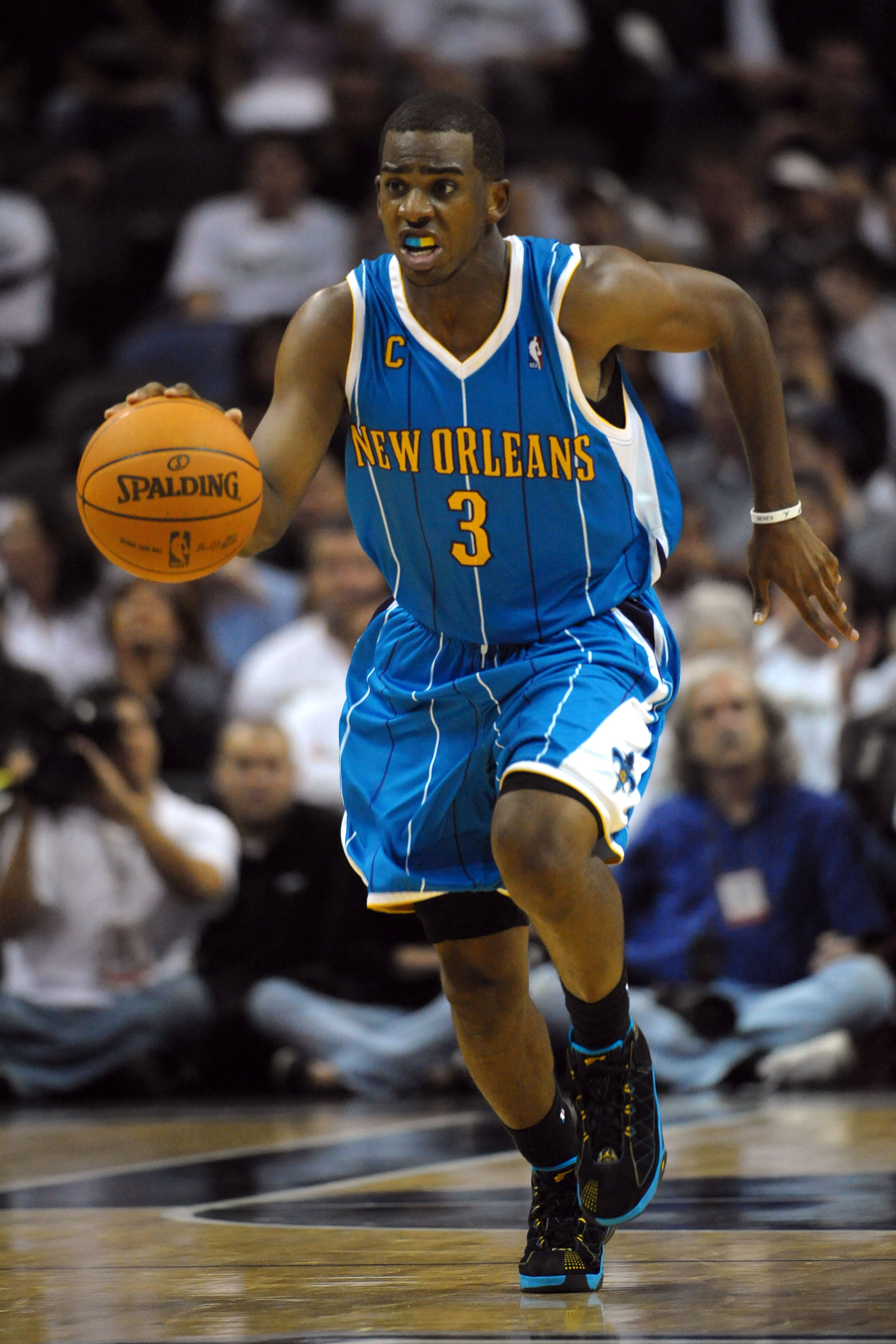
Stats With Franchise: 18.7 PPG, 4.6 RPG, 9.9 APG, 2.4 SPG, 0.1 BPG
Chris Paul’s rise with the then-Hornets made him the first true superstar of the franchise, dazzling with his playmaking and leadership. He turned New Orleans into a legitimate playoff team and even took the defending champion Spurs to seven games in 2008.
But limited depth and injuries held the team back, and CP3’s Pelicans tenure ended without a ring. We have to give a shout-out to Anthony Davis, because he just misses this list. After all, we felt Paul meant a little more to a struggling franchise at the time.
New York Knicks – Patrick Ewing
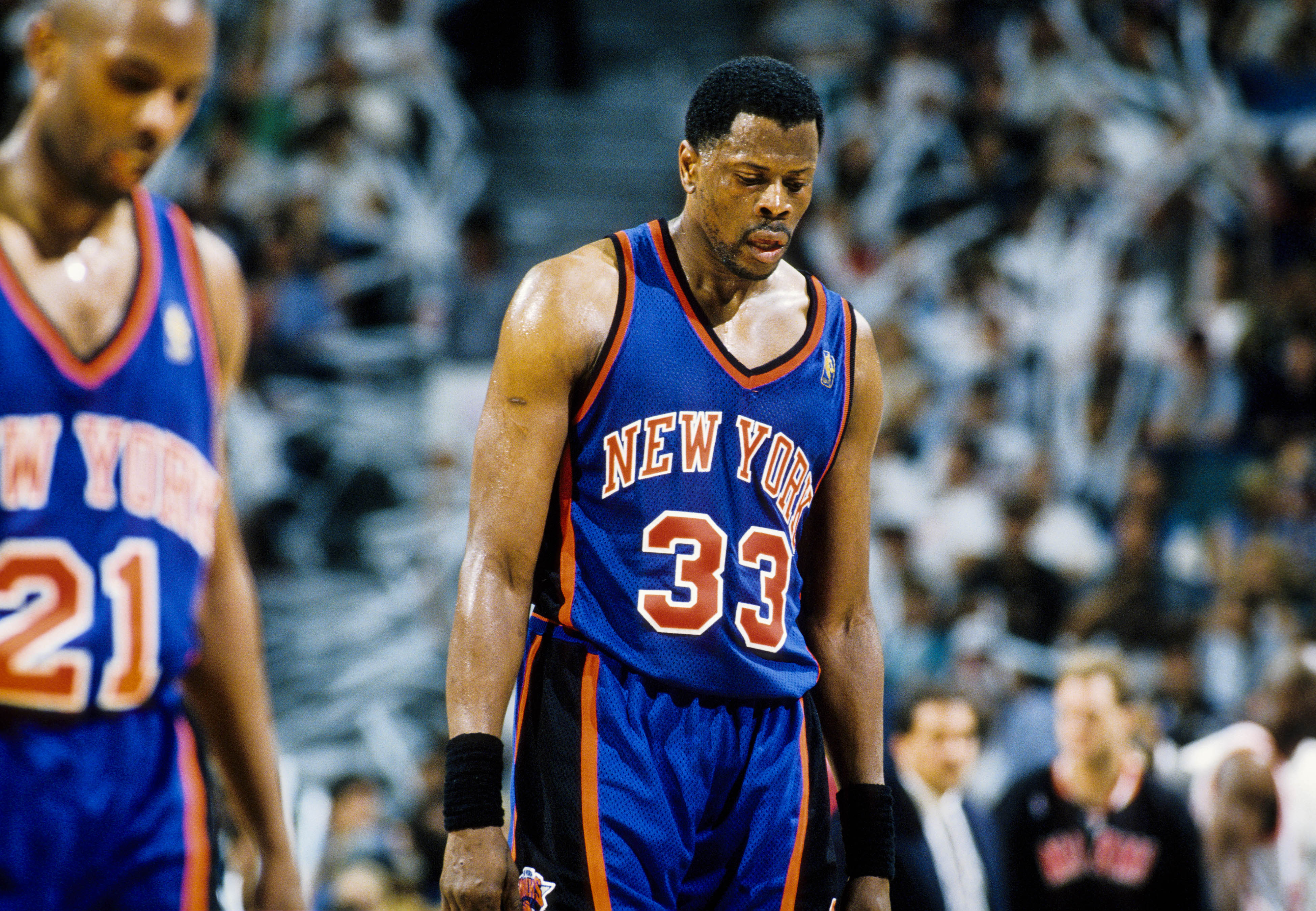
Stats With Franchise: 22.8 PPG, 10.4 RPG, 2.0 APG, 1.0 SPG, 2.7 BPG
Patrick Ewing defined the Knicks of the 1990s, battling through one of the toughest eras in Eastern Conference history. A dominant scorer and rim protector, he carried New York to the 1994 NBA Finals and countless playoff wars.
Unfortunately, Hakeem Olajuwon’s Rockets, Jordan’s Bulls, and untimely injuries kept him from delivering the championship Madison Square Garden craved. If there was one player who wanted to bring a ring to New York more than anybody, it has to be Patrick Ewing.
Oklahoma City Thunder – Russell Westbrook
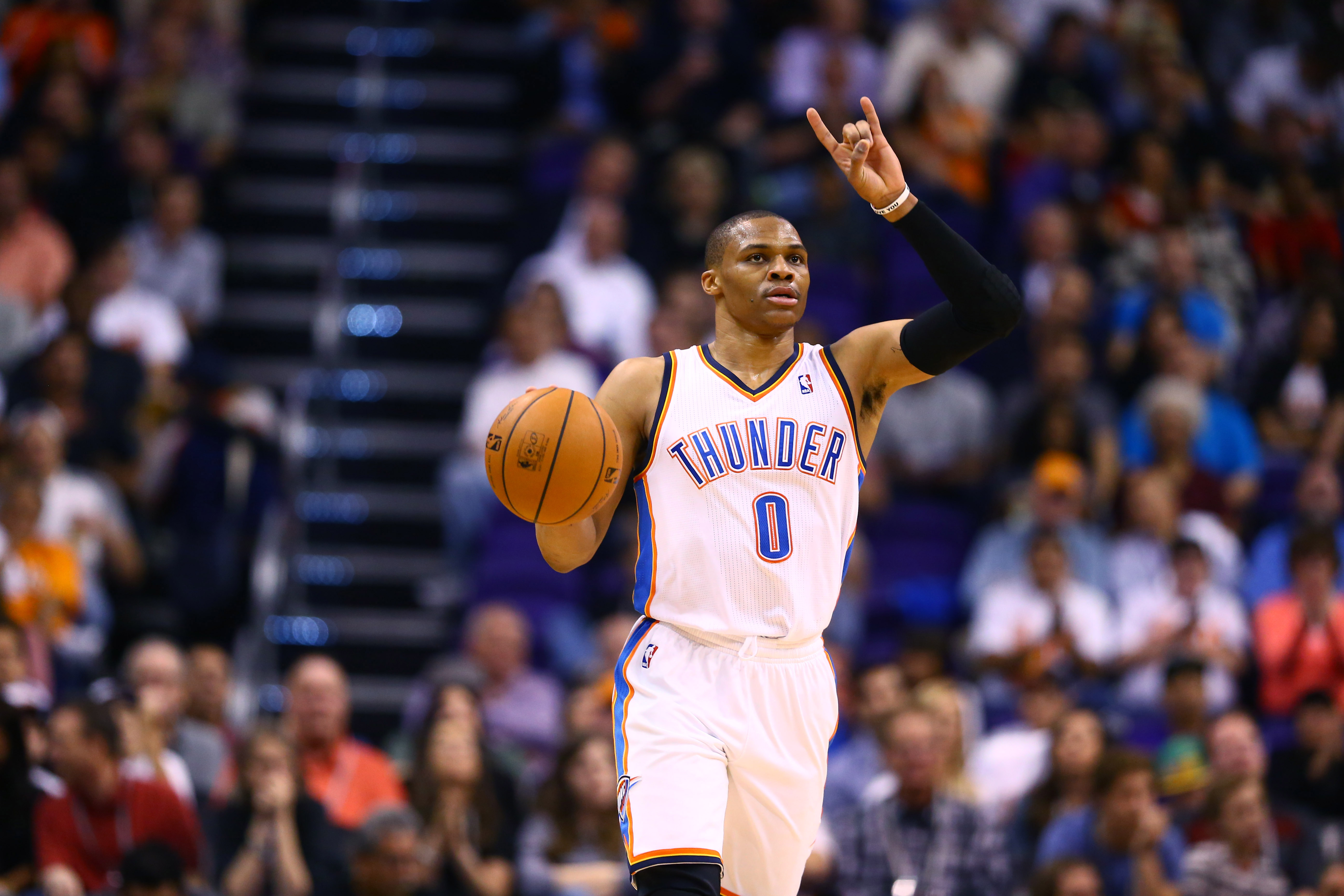
Stats With Franchise: 23.0 PPG, 7.0 RPG, 8.4 APG, 1.8 SPG, 0.3 BPG
Russell Westbrook became the Thunder’s identity after Kevin Durant’s departure, delivering triple-double seasons and an MVP award. His relentless energy made Oklahoma City a must-watch team, but his best chance to win a ring with the franchise came with KD by his side.
The Thunder made the Finals in 2012 but fell to the Miami Heat superteam led by LeBron James, Dwyane Wade, and Chris Bosh. Still, even at his peak, Westbrook struggled to lead the Thunder deep into the playoffs, as his aggressive style often faltered against more balanced contenders.
Orlando Magic – Dwight Howard
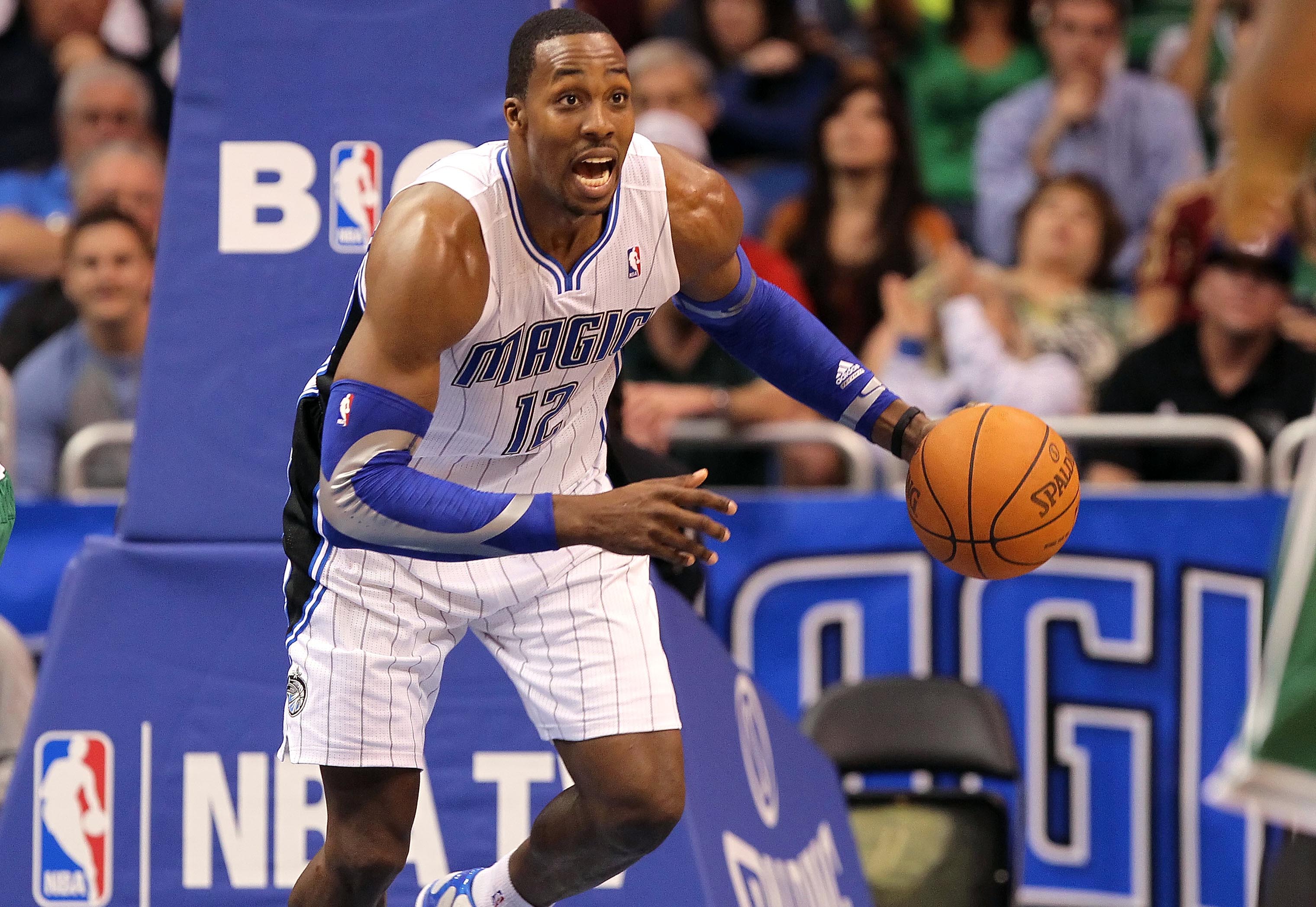
Stats With Franchise: 18.4 PPG, 13.0 RPG, 1.5 APG, 1.0 SPG, 2.2 BPG
Dwight Howard was the anchor of the Magic’s greatest era since a prime Shaq, leading Orlando to the 2009 NBA Finals with his dominance in the paint. His defense and rebounding made the Magic a true contender, but they ran into Kobe Bryant’s Lakers and couldn’t finish the job.
Contract disputes and locker room drama eventually cut his Orlando tenure short without a title, and even if Howard ended up winning the 2020 title with the Lakers, he never delivered as the franchise player. No doubt, Dwight had the talent to win in Orlando, but he couldn’t put it together, mainly due to off-court issues with management.
Philadelphia 76ers – Allen Iverson
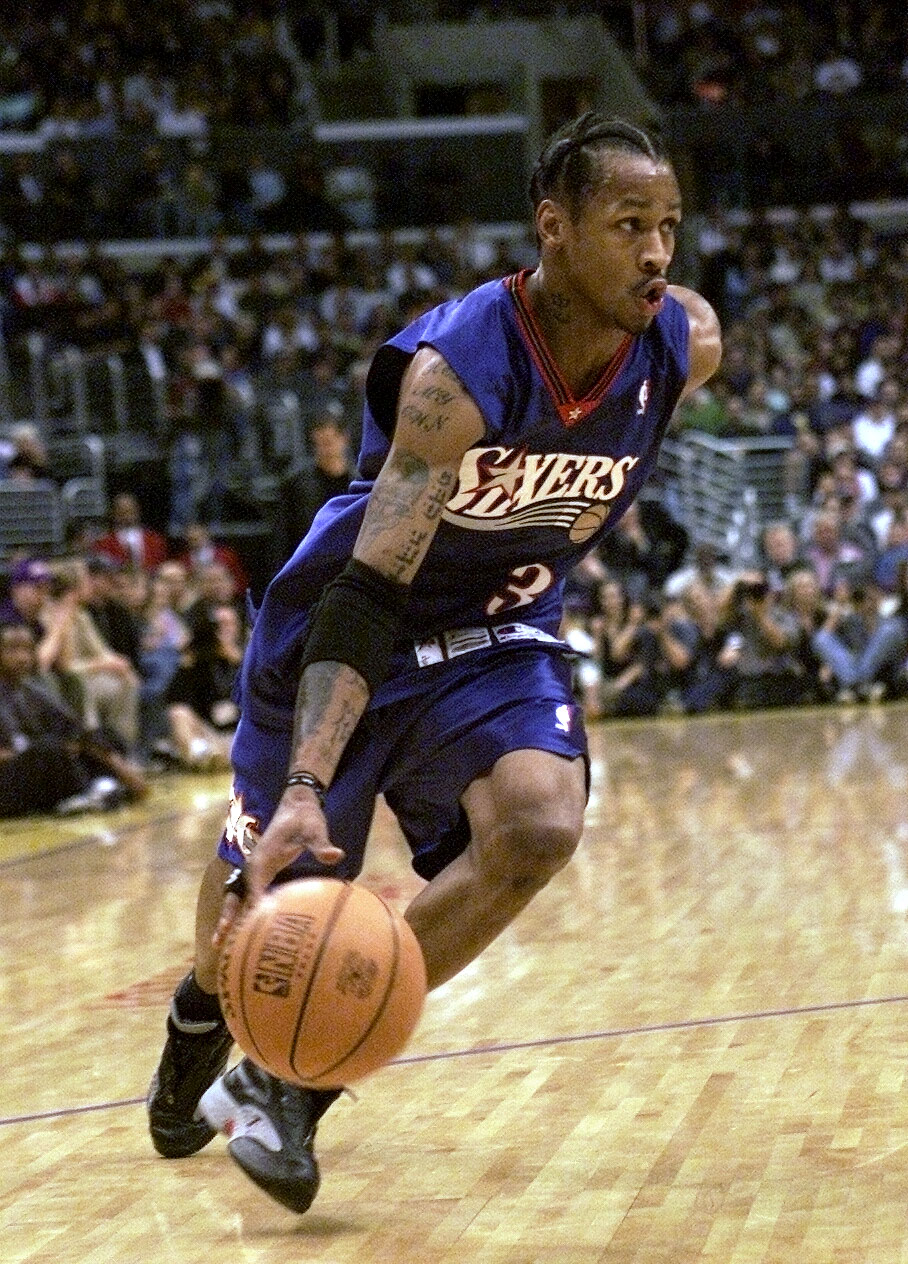
Stats With Franchise: 27.6 PPG, 3.9 RPG, 6.1 APG, 2.3 SPG, 0.2 BPG
Allen Iverson embodied Philadelphia with his toughness, swagger, and sheer scoring brilliance. His 2001 MVP season carried the 76ers to the Finals, highlighted by his iconic Game 1 performance against the Lakers when he dropped 41 points in an unlikely victory.
But undersized and surrounded by limited offensive help, Iverson’s Sixers never had enough firepower to capture a championship against Shaquille O’Neal, Kobe Bryant, and the Lakers. Still, Iverson remains one of the greatest players to never win a ring and the best to never capture it with the Sixers.
Phoenix Suns – Charles Barkley
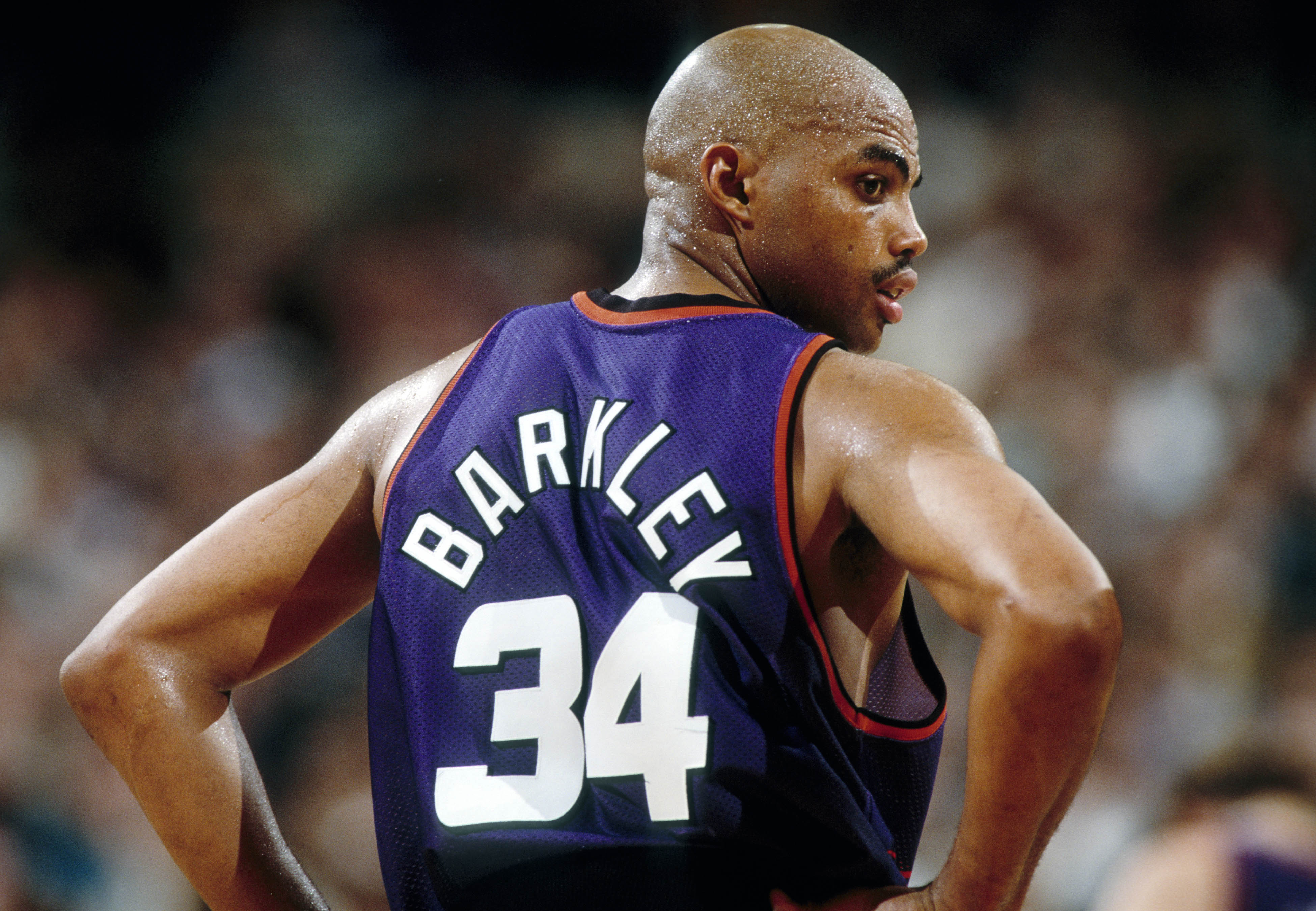
Stats With Franchise: 23.4 PPG, 11.5 RPG, 4.4 APG, 1.6 SPG, 0.8 BPG
Charles Barkley’s arrival in Phoenix reinvigorated the franchise, culminating in an MVP award and a trip to the 1993 NBA Finals. He brought intensity, rebounding dominance, and charisma that made the Suns contenders every year.
Yet, his era coincided with Michael Jordan’s peak, and Barkley’s Suns fell short against the Bulls in six games. While there is no shame in Barkley and the Suns never coming through against the GOAT, this will likely remain in the memory of one of the greatest power forwards ever.
Portland Trail Blazers – Damian Lillard
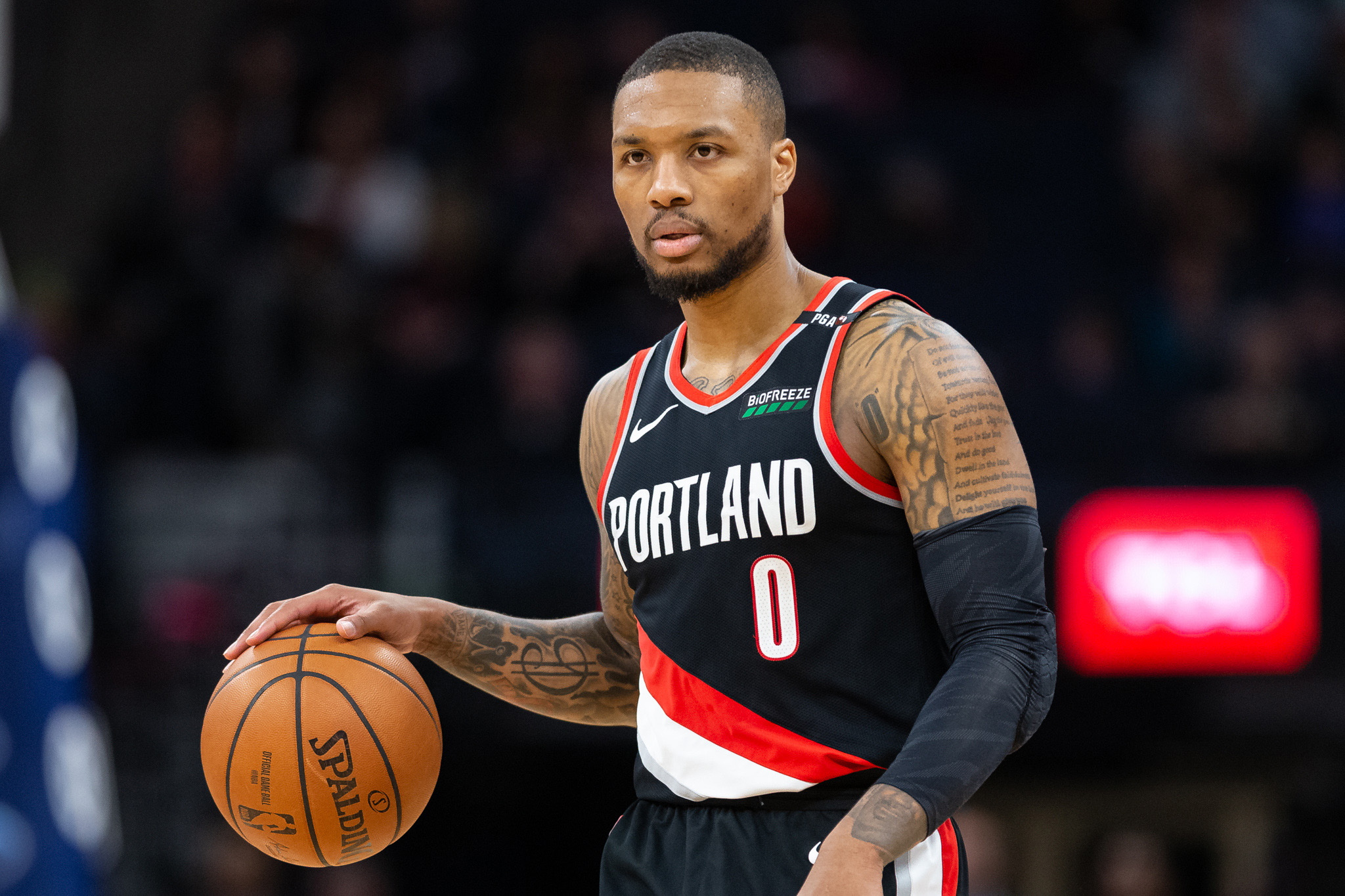
Stats With Franchise: 25.2 PPG, 4.2 RPG, 6.7 APG, 1.0 SPG, 0.3 BPG
Damian Lillard gave Portland a decade of loyalty and spectacular clutch moments, cementing himself as the greatest Trail Blazer since Clyde Drexler. His deep threes and fearless leadership carried them to the Western Conference Finals in 2019, but they fell short against the Golden State Warriors.
Still, roster limitations and the dominance of Western Conference powerhouses meant his time in Portland ended the first time without a ring. Now a member of the Trail Blazers again, with his expected return at some point in the 2026-27 season, perhaps he can do the unthinkable and deliver a ring.
Sacramento Kings – Chris Webber
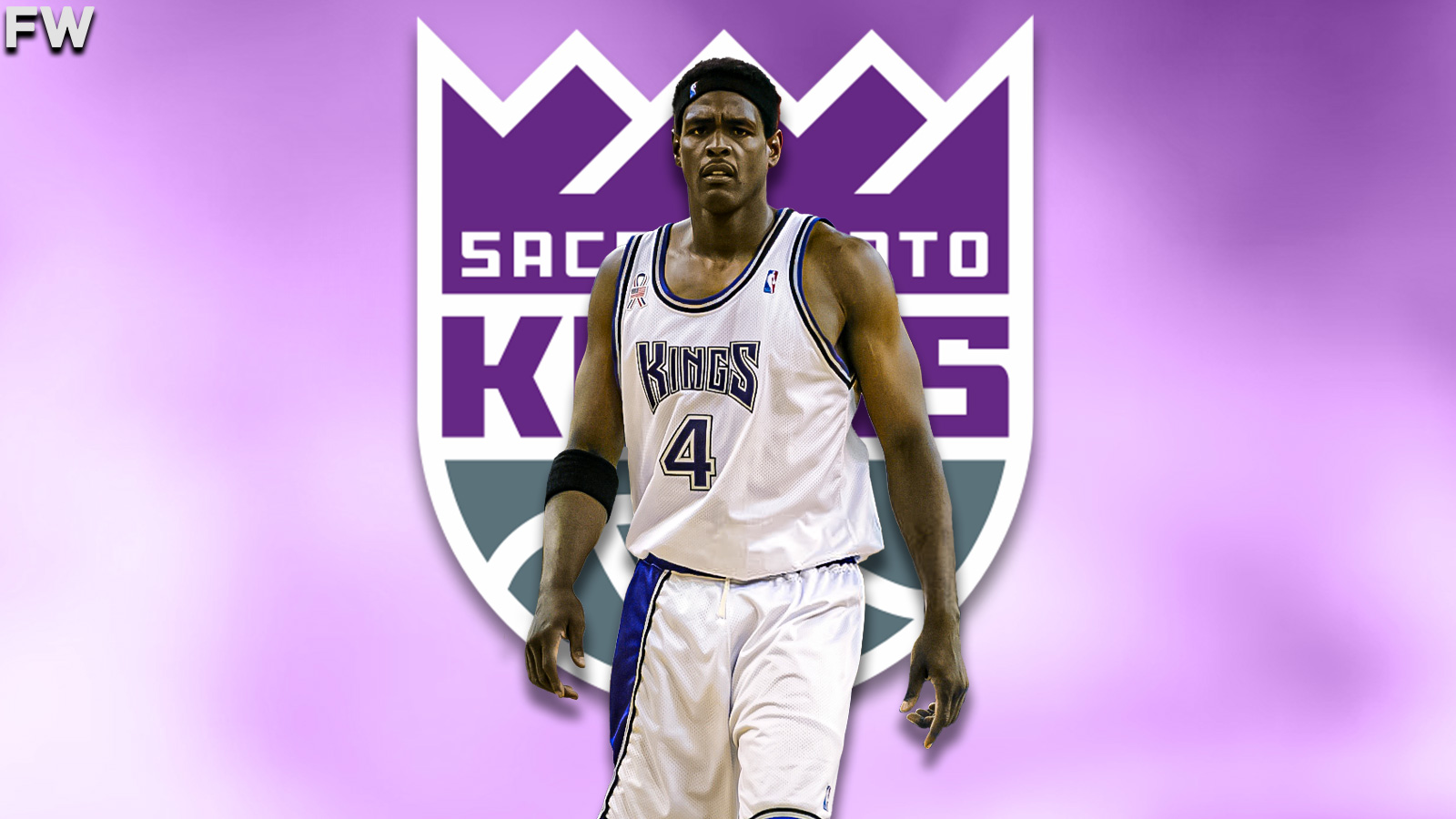
Stats With Franchise: 23.5 PPG, 10.6 RPG, 4.8 APG, 1.5 SPG, 1.5 BPG
Chris Webber led the Kings during their golden years in the early 2000s, orchestrating one of the most beautiful offenses in NBA history. His versatility made Sacramento a legitimate championship threat, especially during their epic battles with the Lakers.
Controversial officiating and injuries, however, prevented Webber from delivering a long-awaited title to the Kings. Whether Kings fans will argue against the officiating or not, the fact remains that Webber left the Kings in 2005 without delivering the elusive title.
San Antonio Spurs – George Gervin
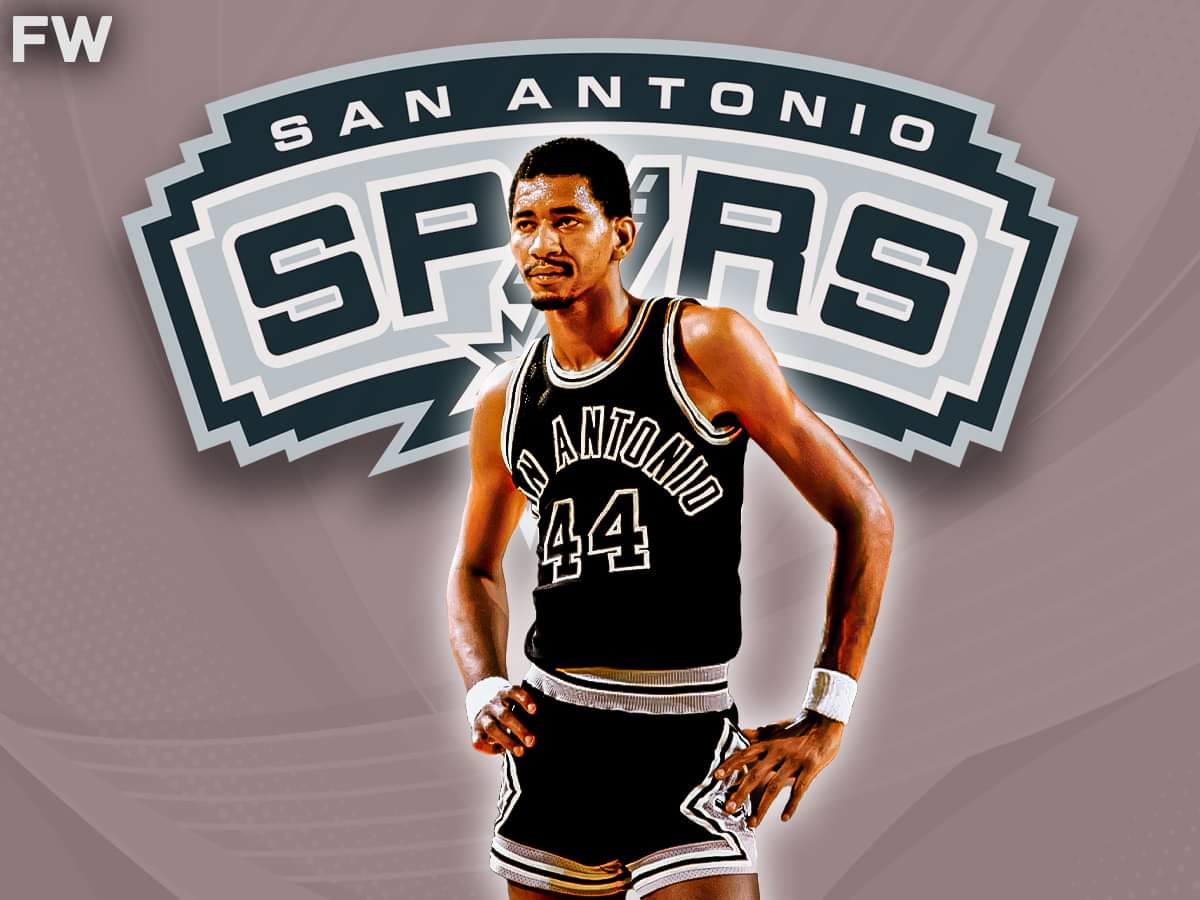
Stats With Franchise: 26.3 PPG, 5.4 RPG, 2.8 APG, 1.3 SPG, 1.0 BPG
Before the Spurs dynasty around Tim Duncan began, George “Iceman” Gervin was the face of the franchise, dazzling with his silky finger roll and effortless scoring. He kept San Antonio relevant throughout the late 1970s and early 1980s, winning scoring titles but never breaking through to the Finals.
His Spurs often lacked the balance and defense needed to turn his brilliance into championships. The furthest Gervin got with the Spurs was the Conference Finals, but he couldn’t put the pieces together to win it all.
Toronto Raptors – Vince Carter
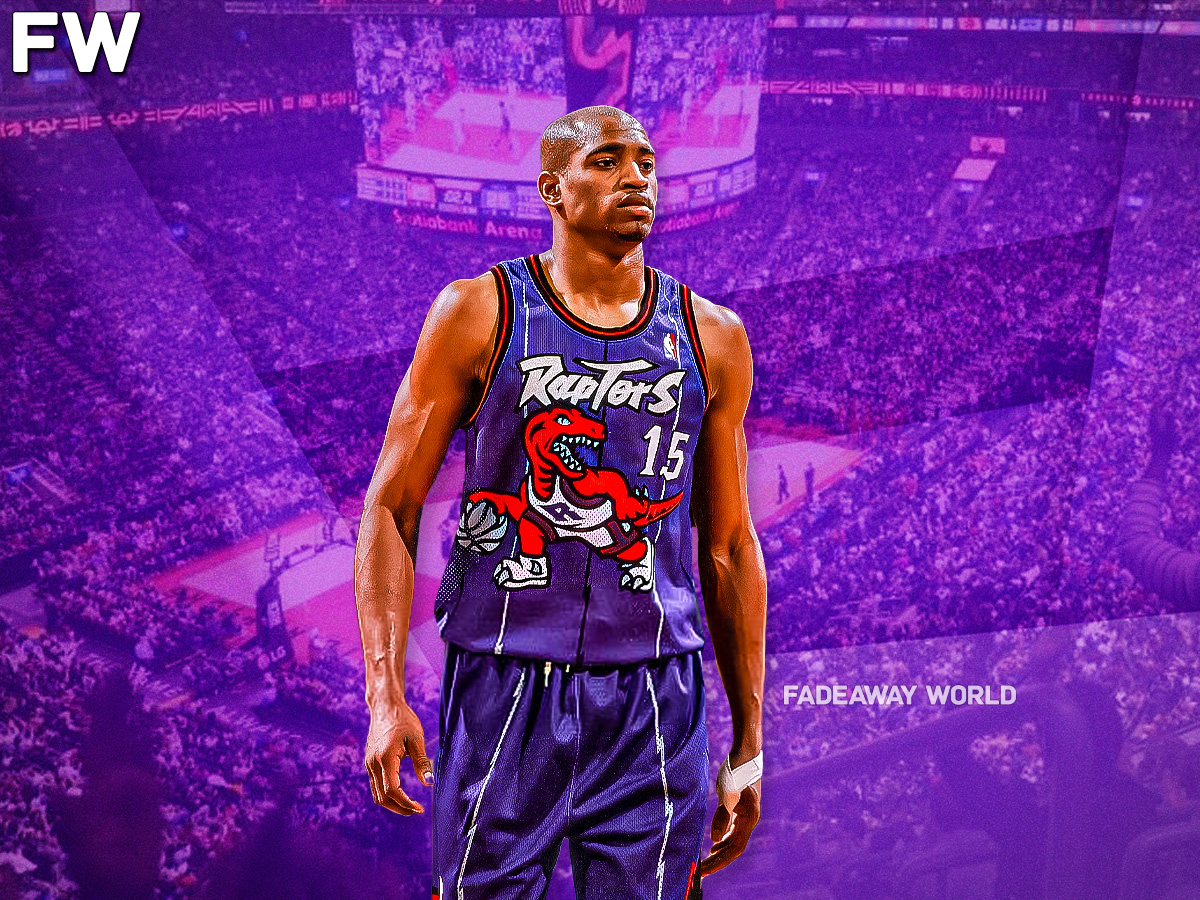
Stats With Franchise: 23.4 PPG, 5.2 RPG, 3.9 APG, 1.3 SPG, 1.0 BPG
Without a doubt, Vince Carter put Toronto on the NBA map, captivating the league with his dunks and making the Raptors a household name. His 2001 playoff run nearly carried them past Allen Iverson’s Sixers, a defining moment for the young franchise.
But roster turnover, strained relationships with management, and playoff shortcomings left Carter’s Raptors era ringless. It won’t affect Carter’s overall legacy since he is in the Hall of Fame, but “Half-Man, Half-Amazing” is the name we have to highlight here.
Utah Jazz – Karl Malone
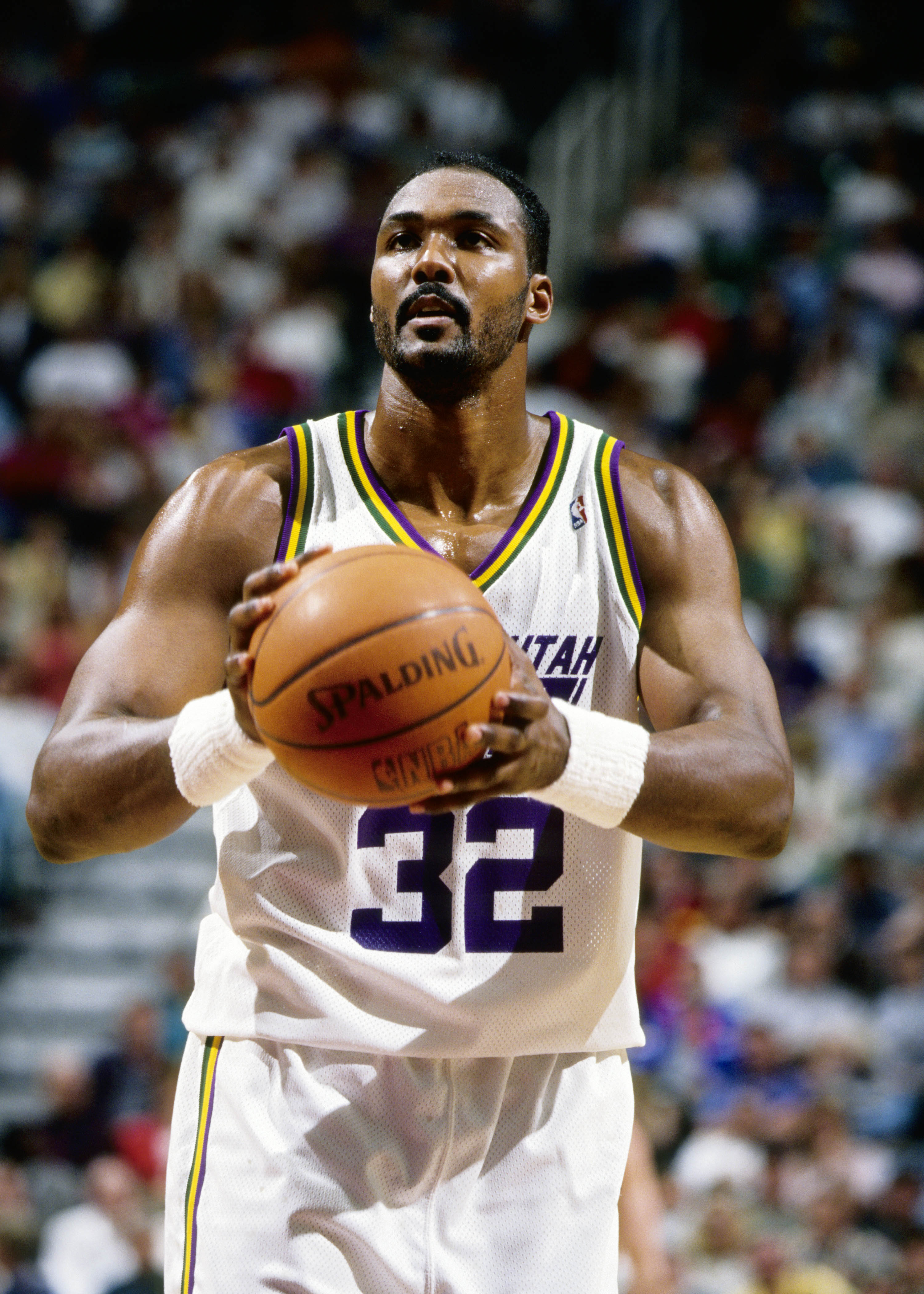
Stats With Franchise: 25.4 PPG, 10.2 RPG, 3.5 APG, 1.4 SPG, 0.8 BPG
Karl Malone, alongside John Stockton, defined the Jazz with one of the most iconic duos in NBA history. The “Mailman” delivered consistent scoring and rebounding that kept Utah at the top of the West for over a decade.
Unfortunately, Michael Jordan’s Bulls denied them twice in the Finals, and Malone’s Jazz retired without a championship despite sustained excellence. John Stockton is an easy shout-out here as well, but Malone has to be the main player who is remembered in the history of the Jazz.
Washington Wizards – Gus Johnson
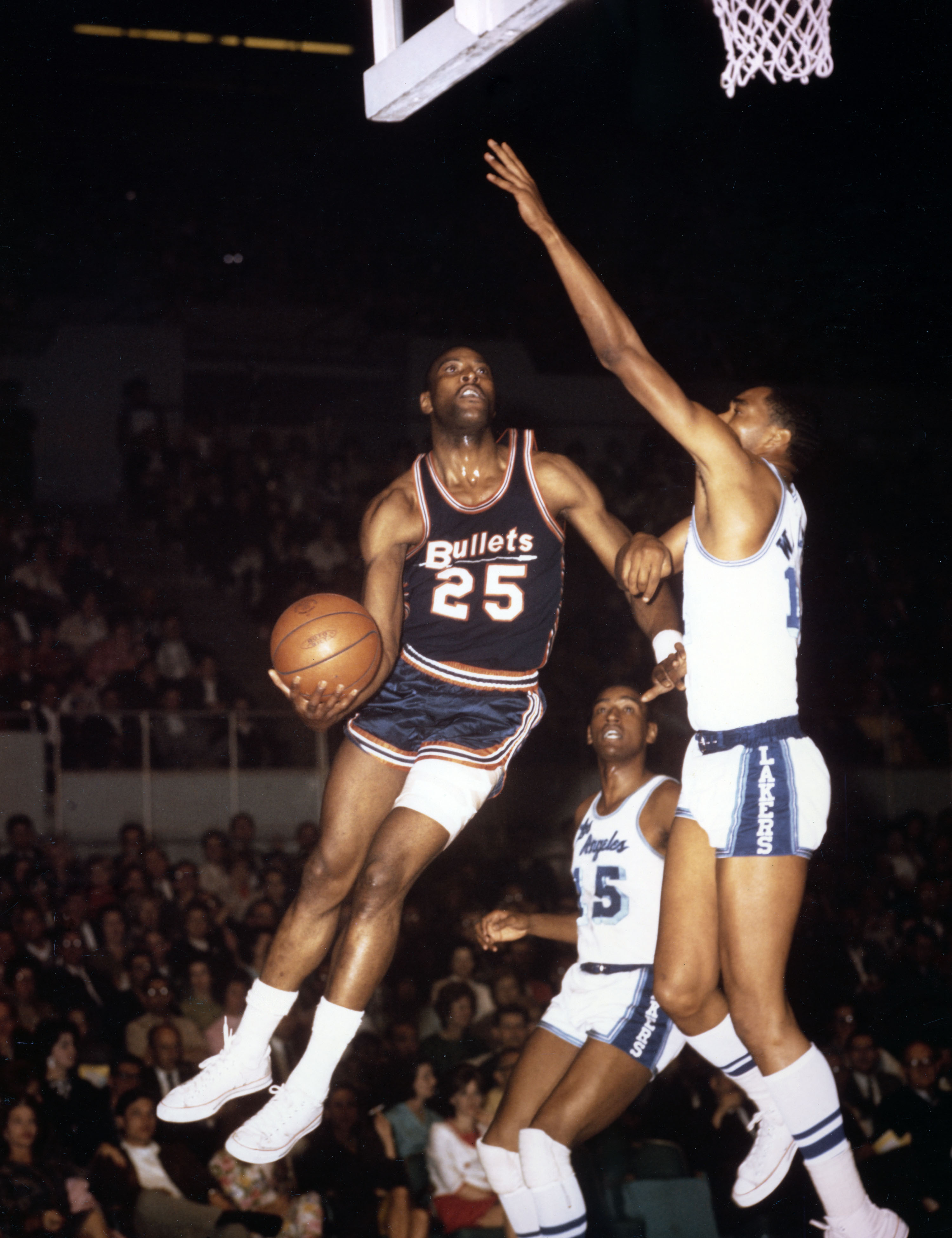
Stats With Franchise: 17.5 PPG, 12.9 RPG, 2.7 APG
Gus Johnson was the Bullets’ first true star, an athletic forward who set the tone for the franchise in the 1960s. We thought about including John Wall, but Johnson was a Hall of Famer (well-deserved), and his resume is a little bit stronger with the franchise.
His rebounding and defense made Washington a consistent playoff presence, but they lacked the depth to make serious Finals pushes. Though later stars like Wes Unseld would deliver a title, Johnson remains the great Wizard who never captured one.

